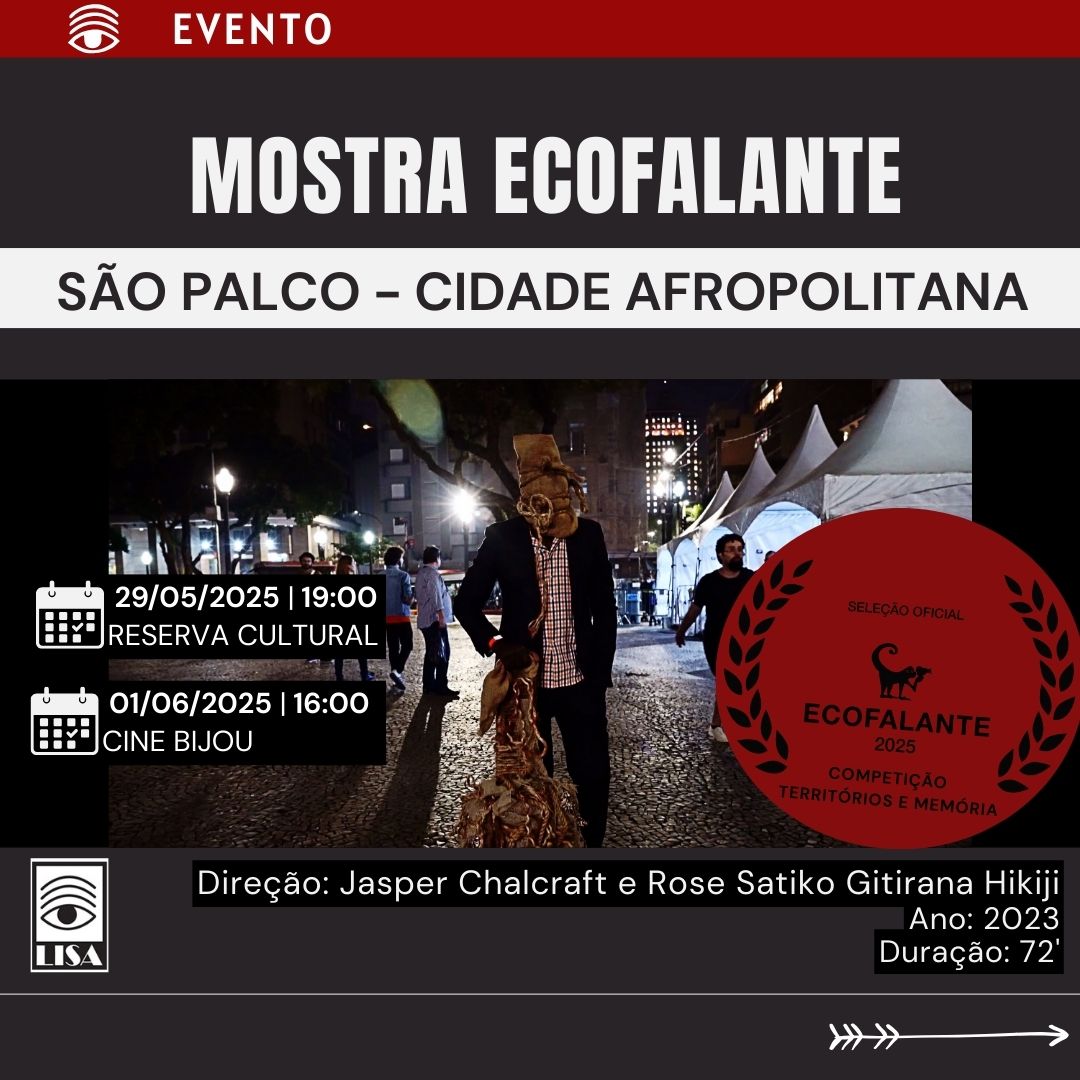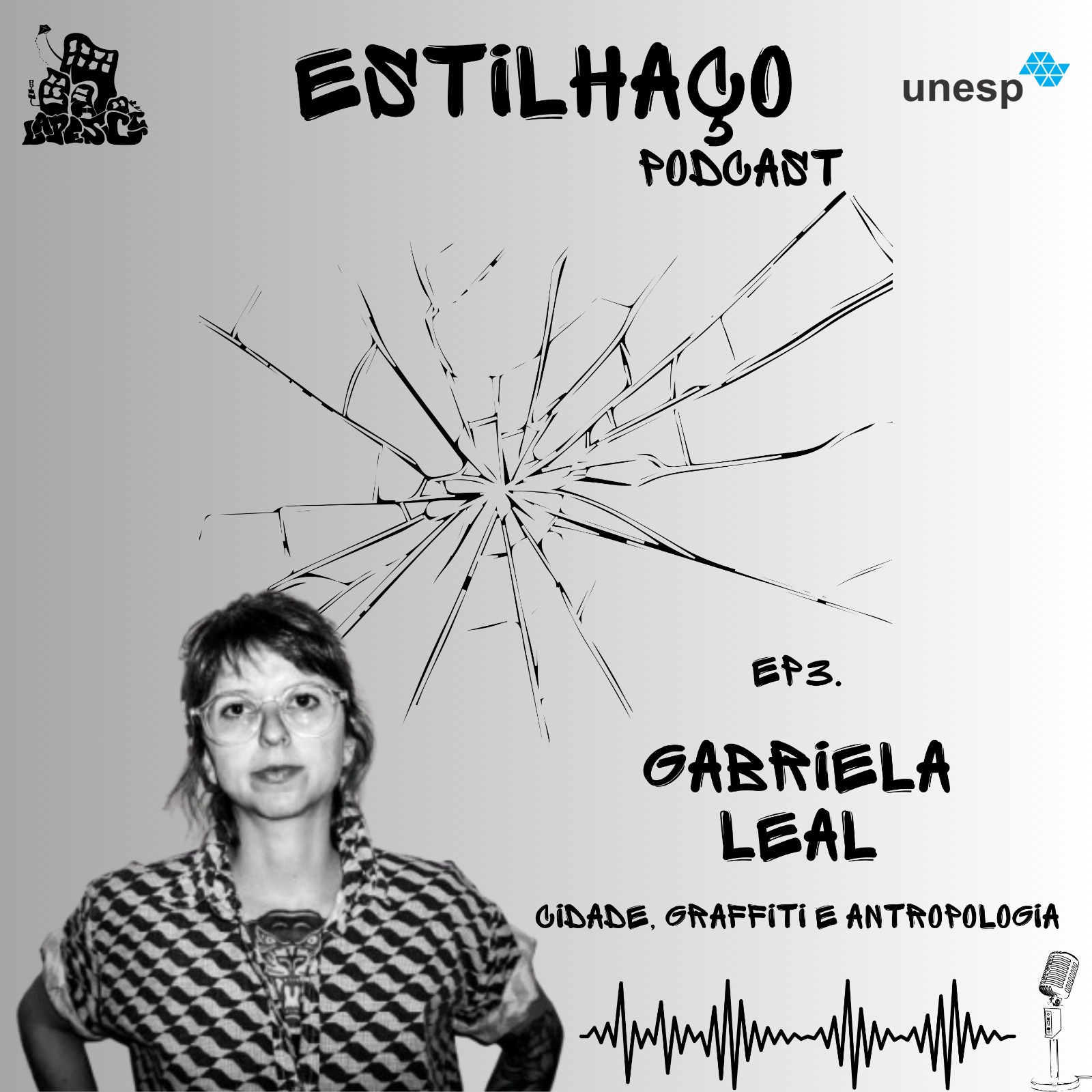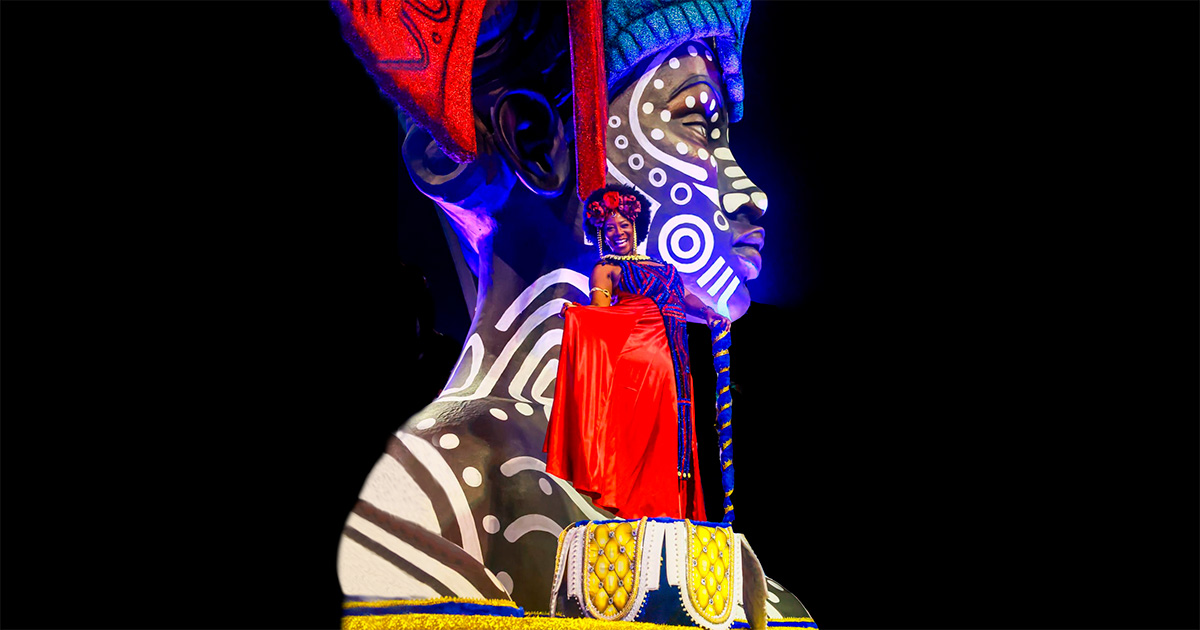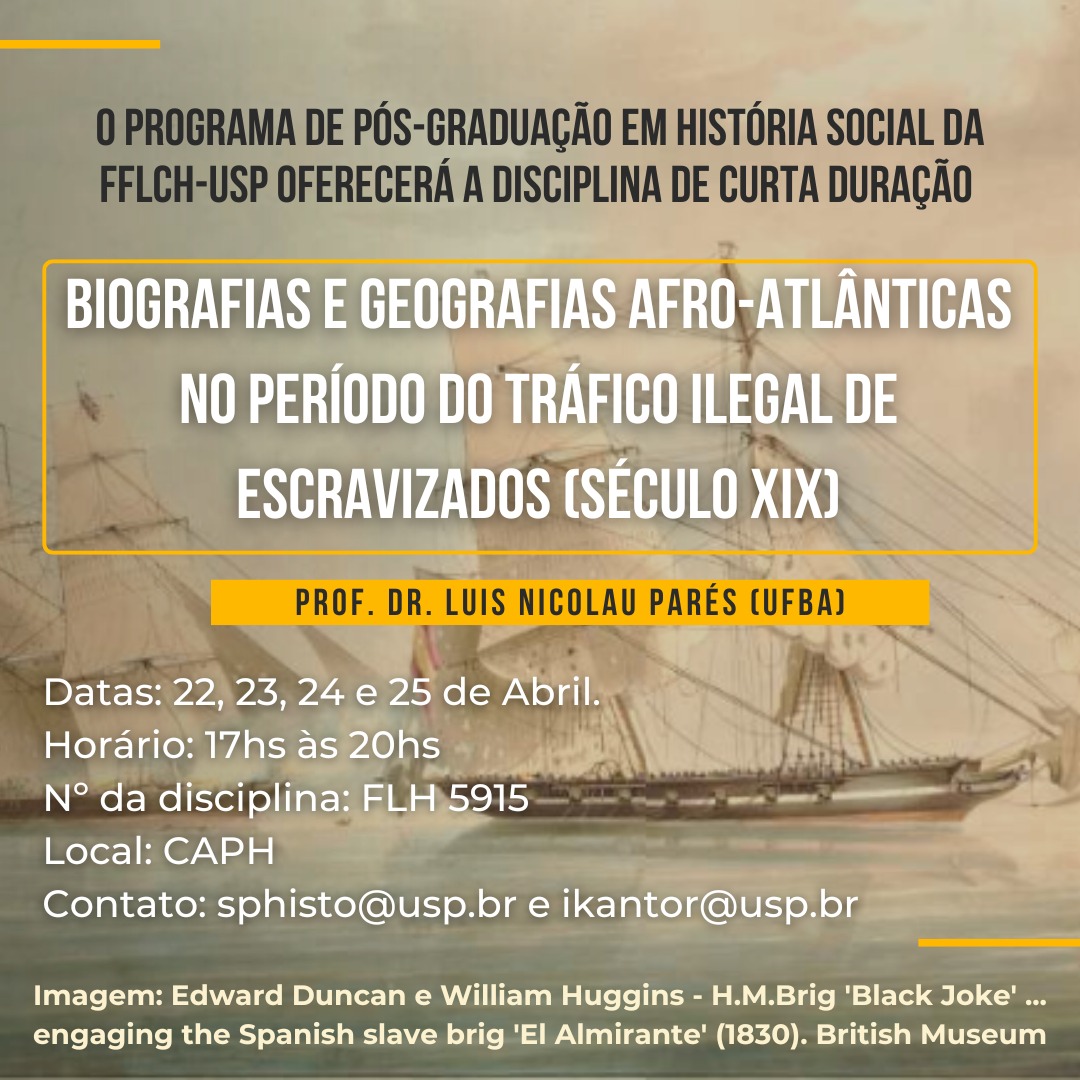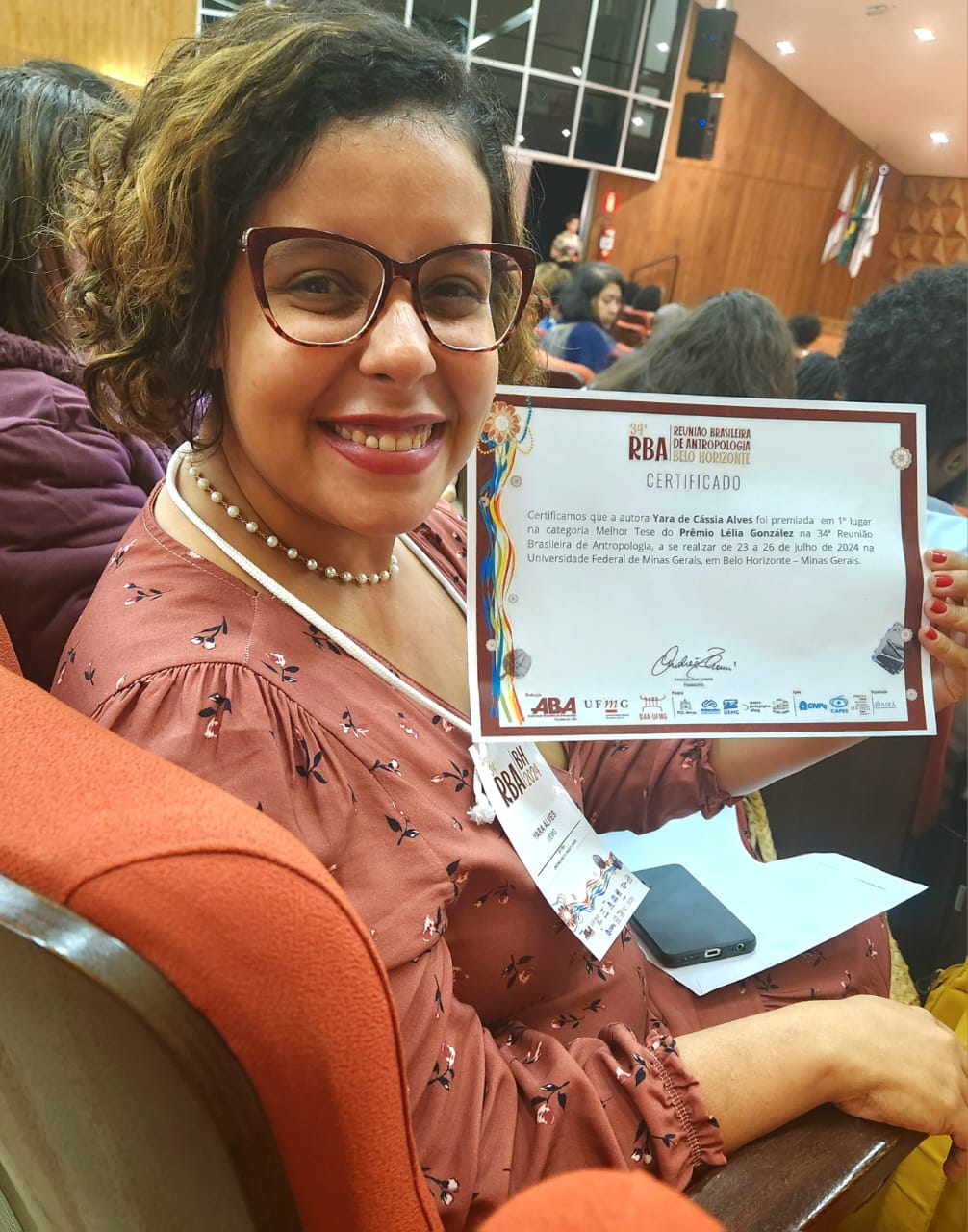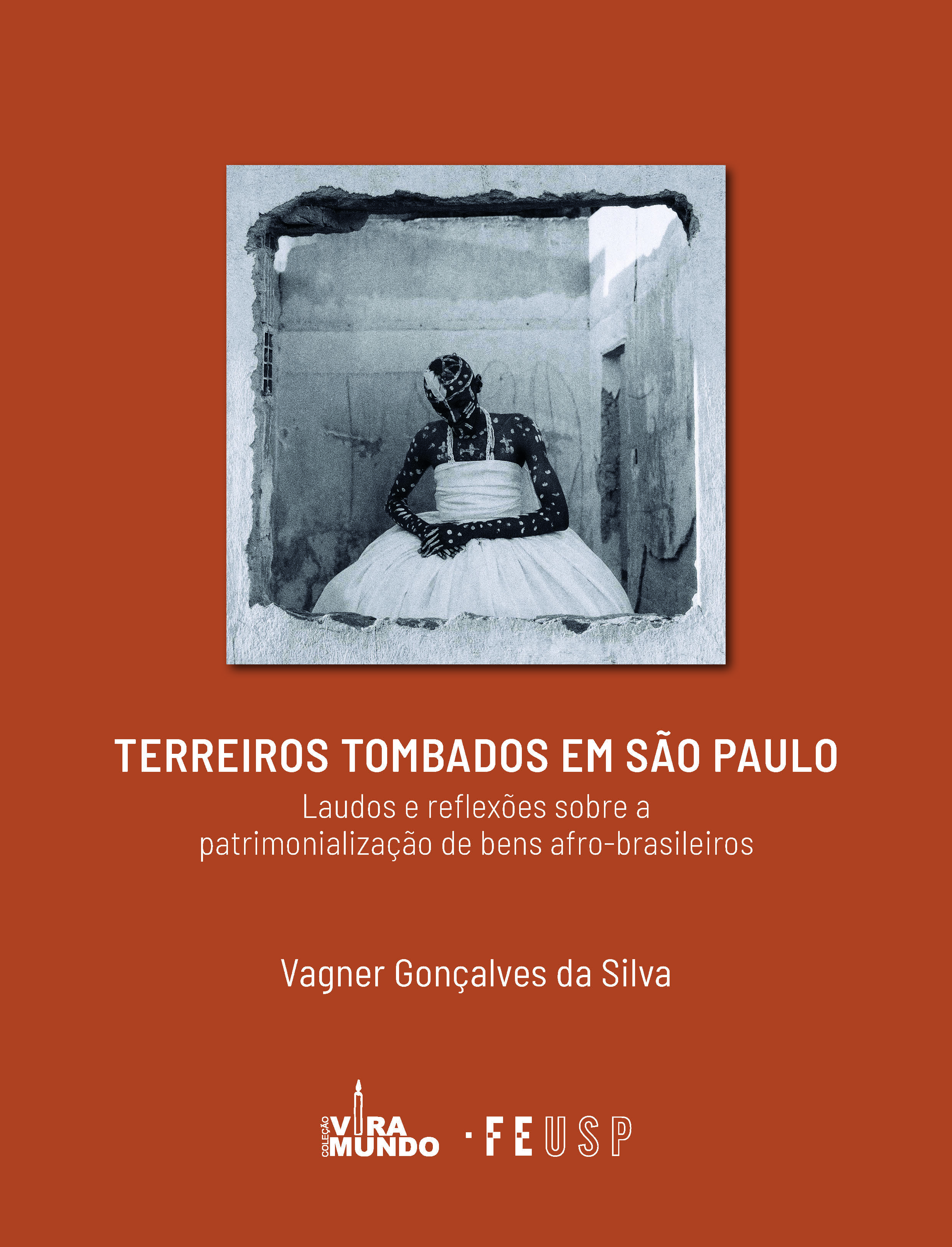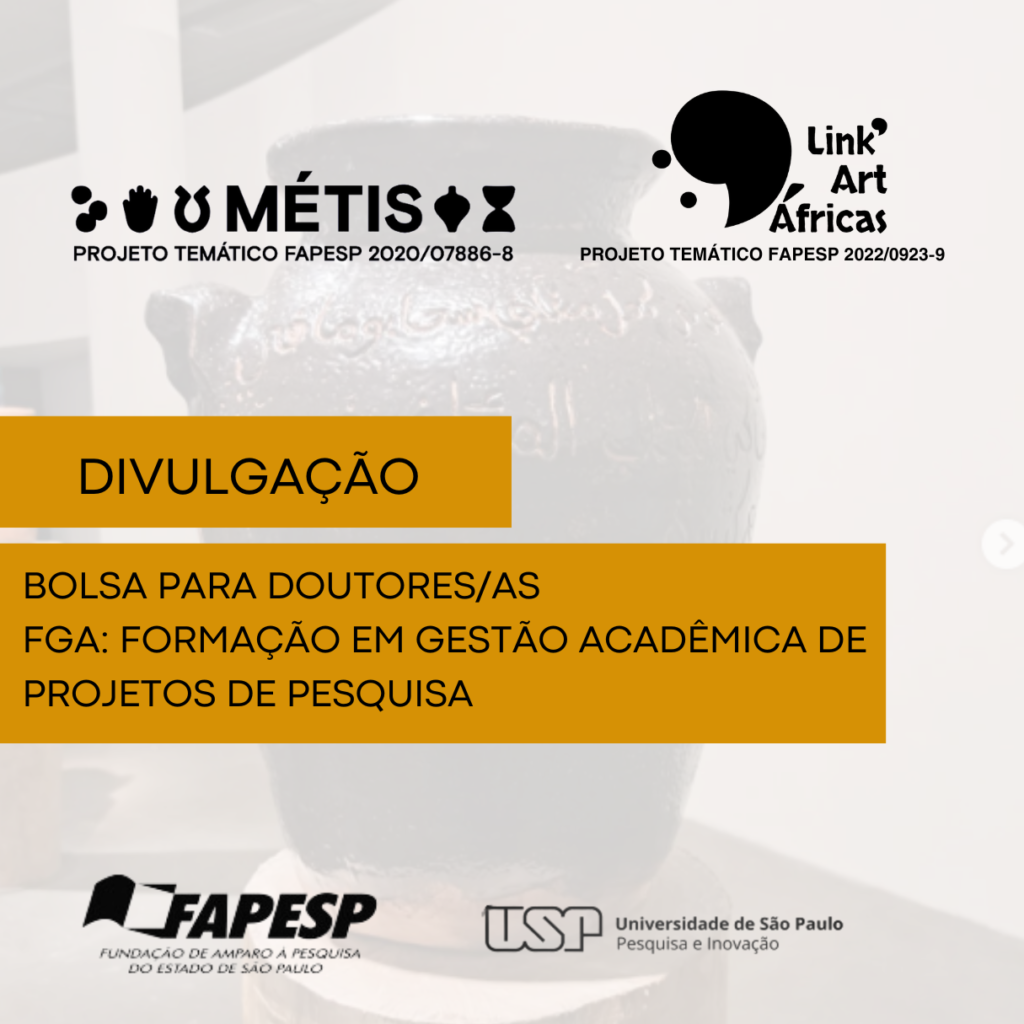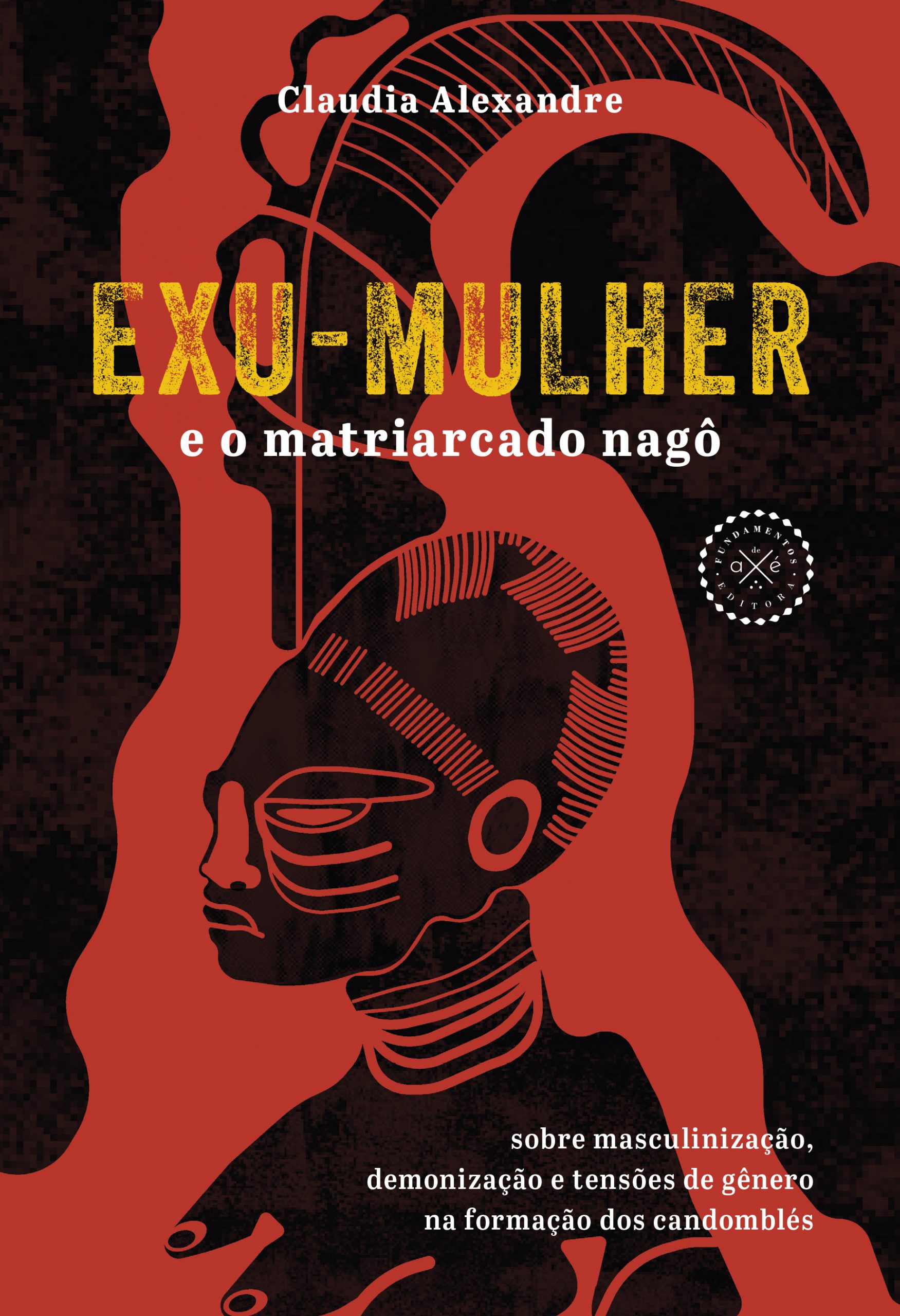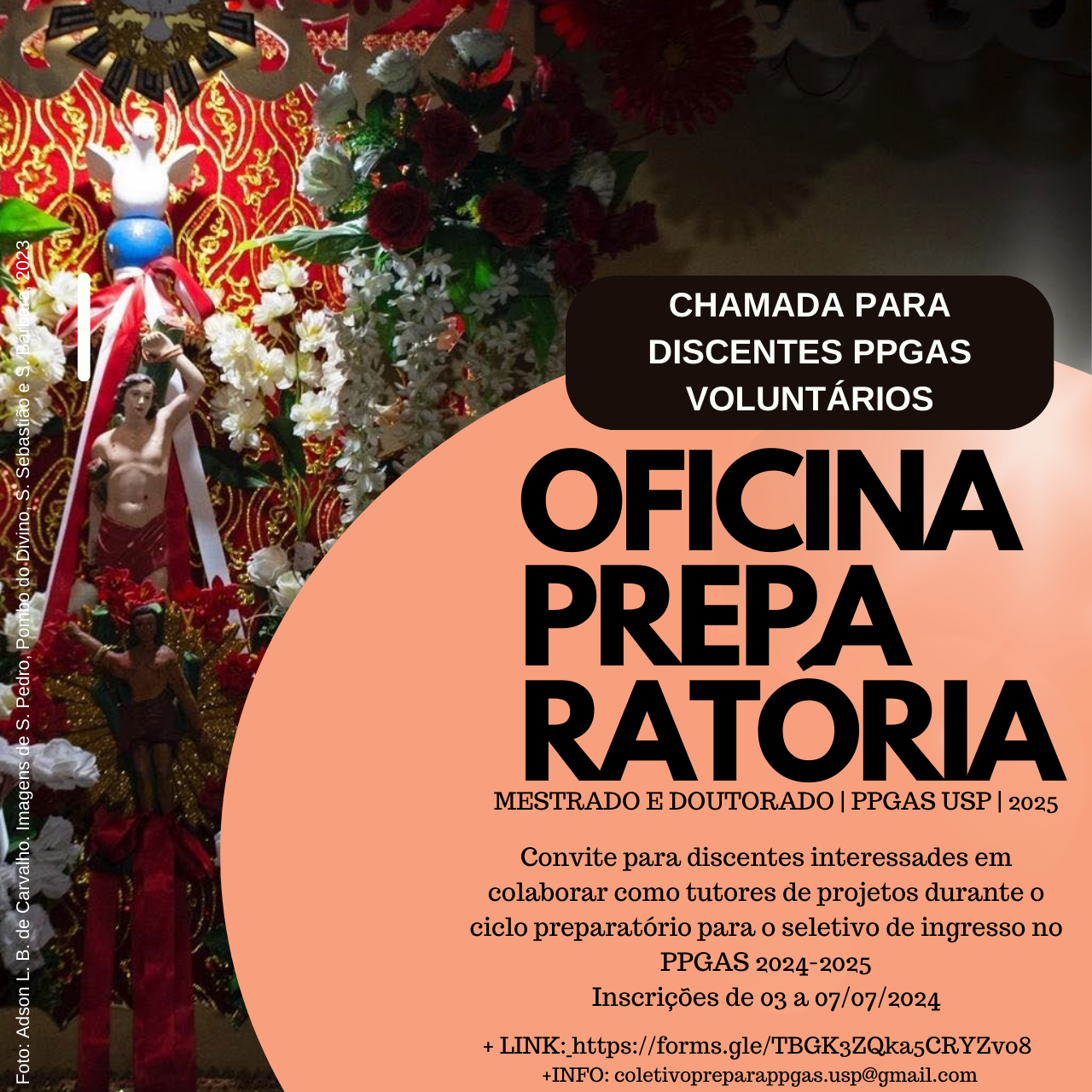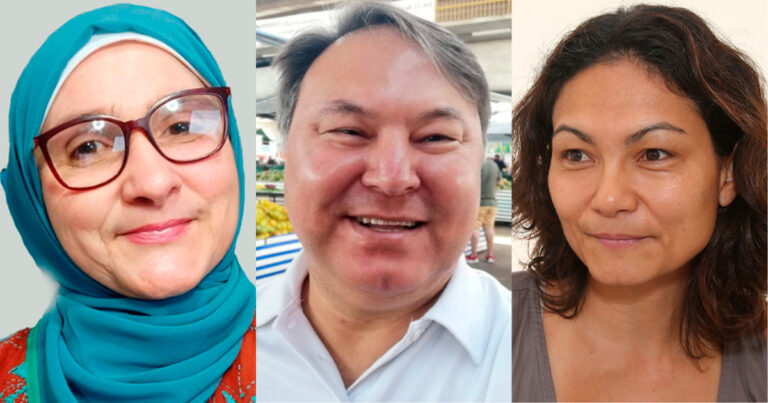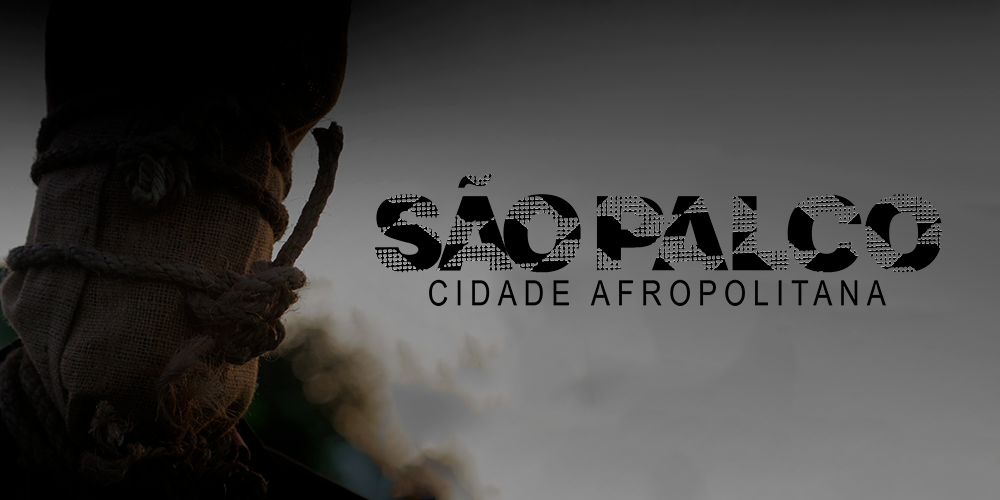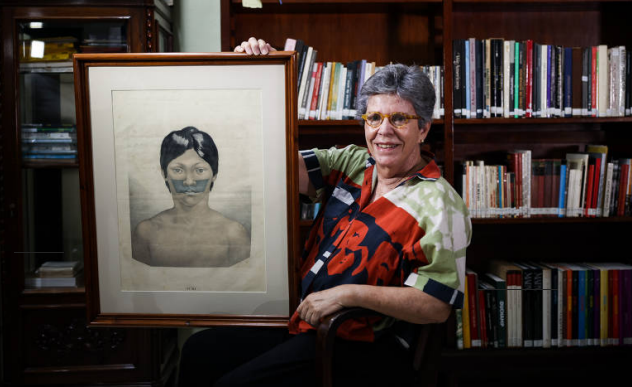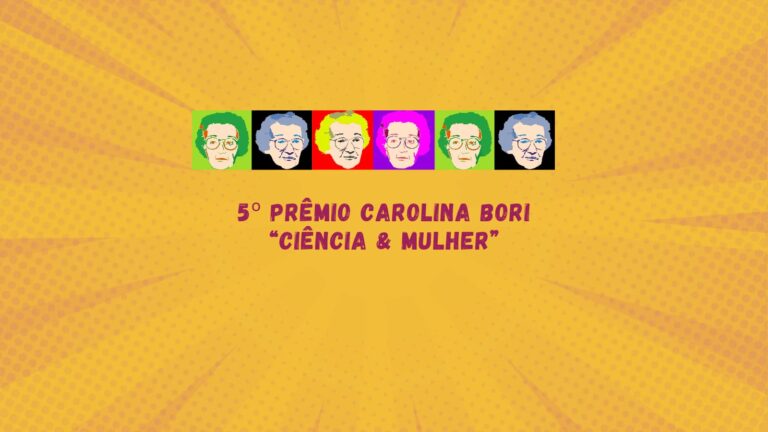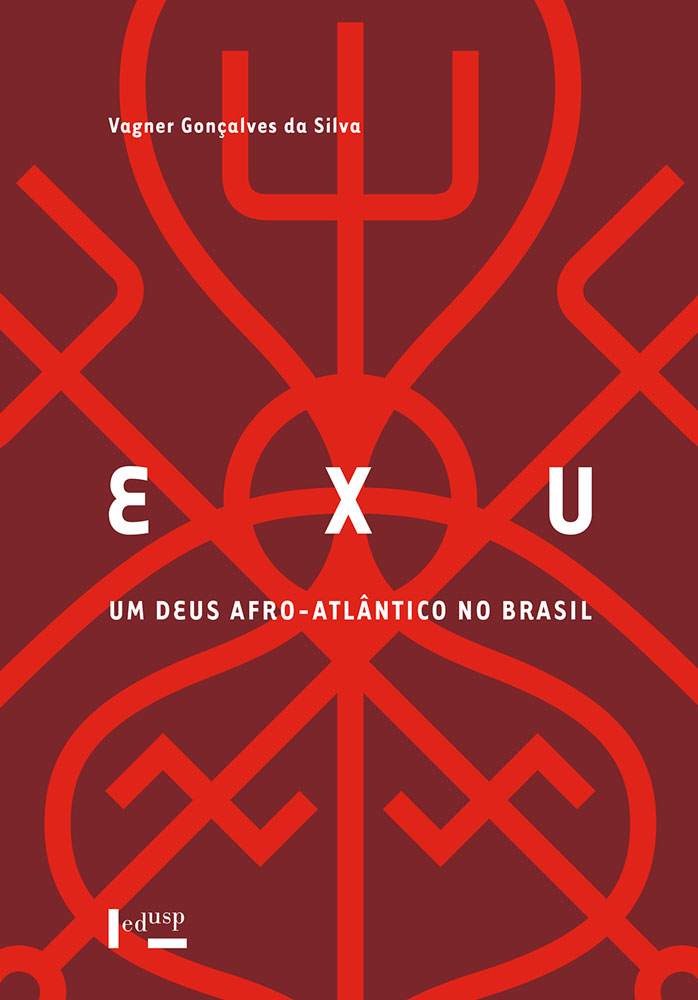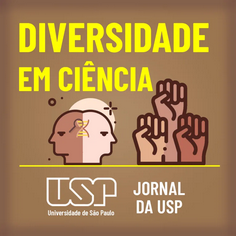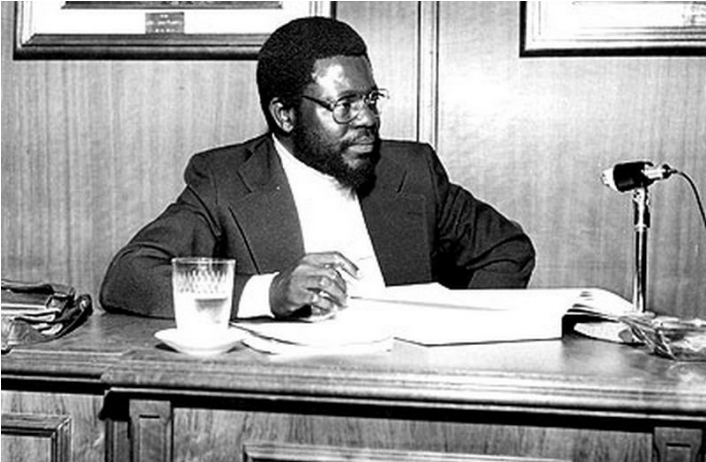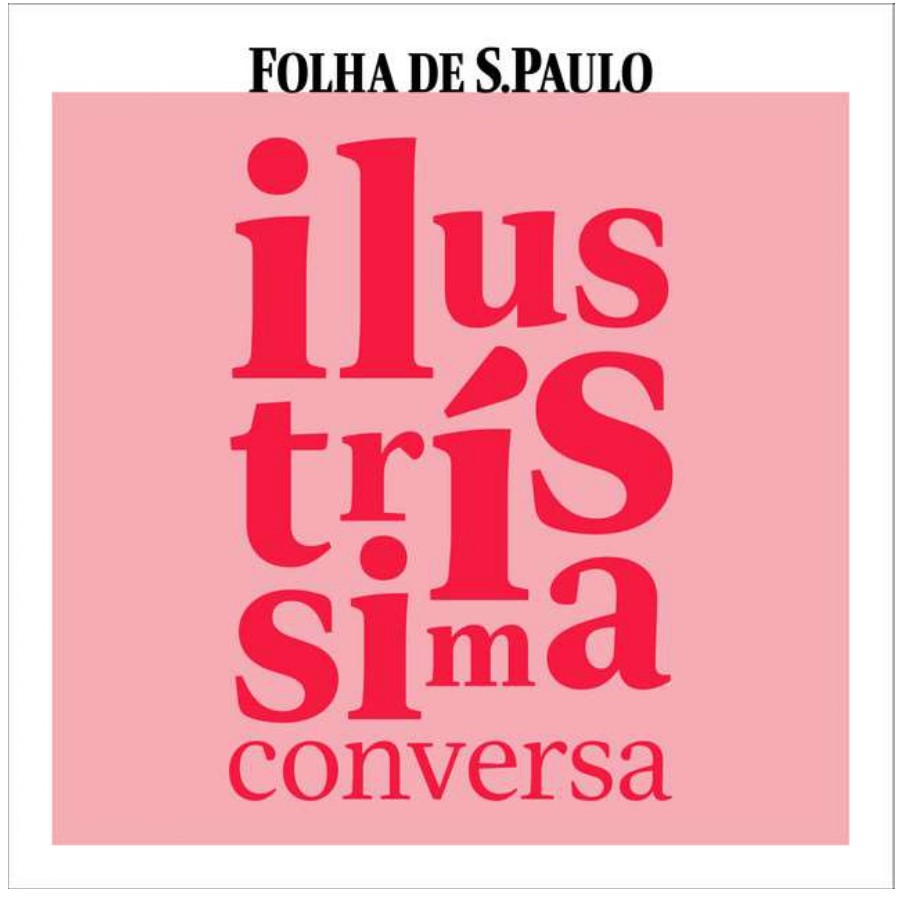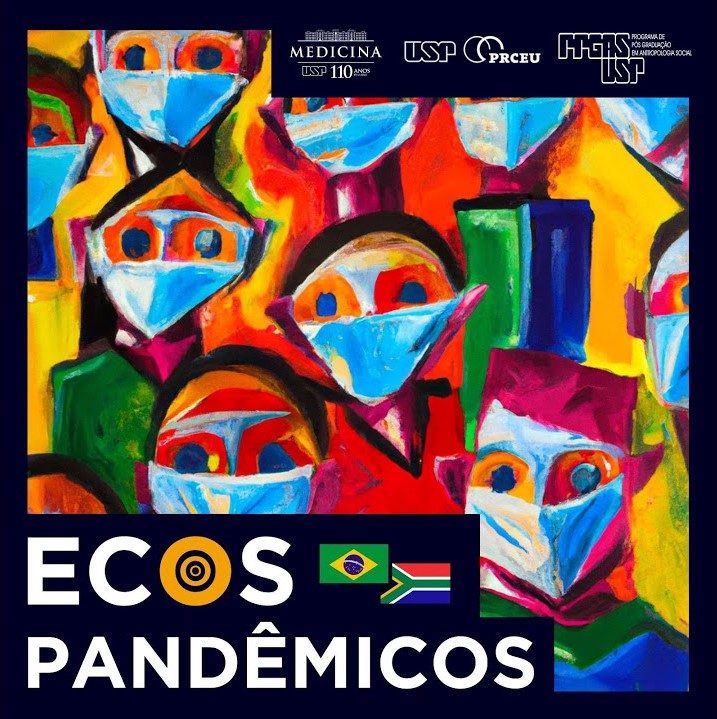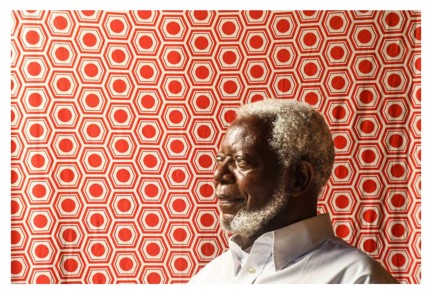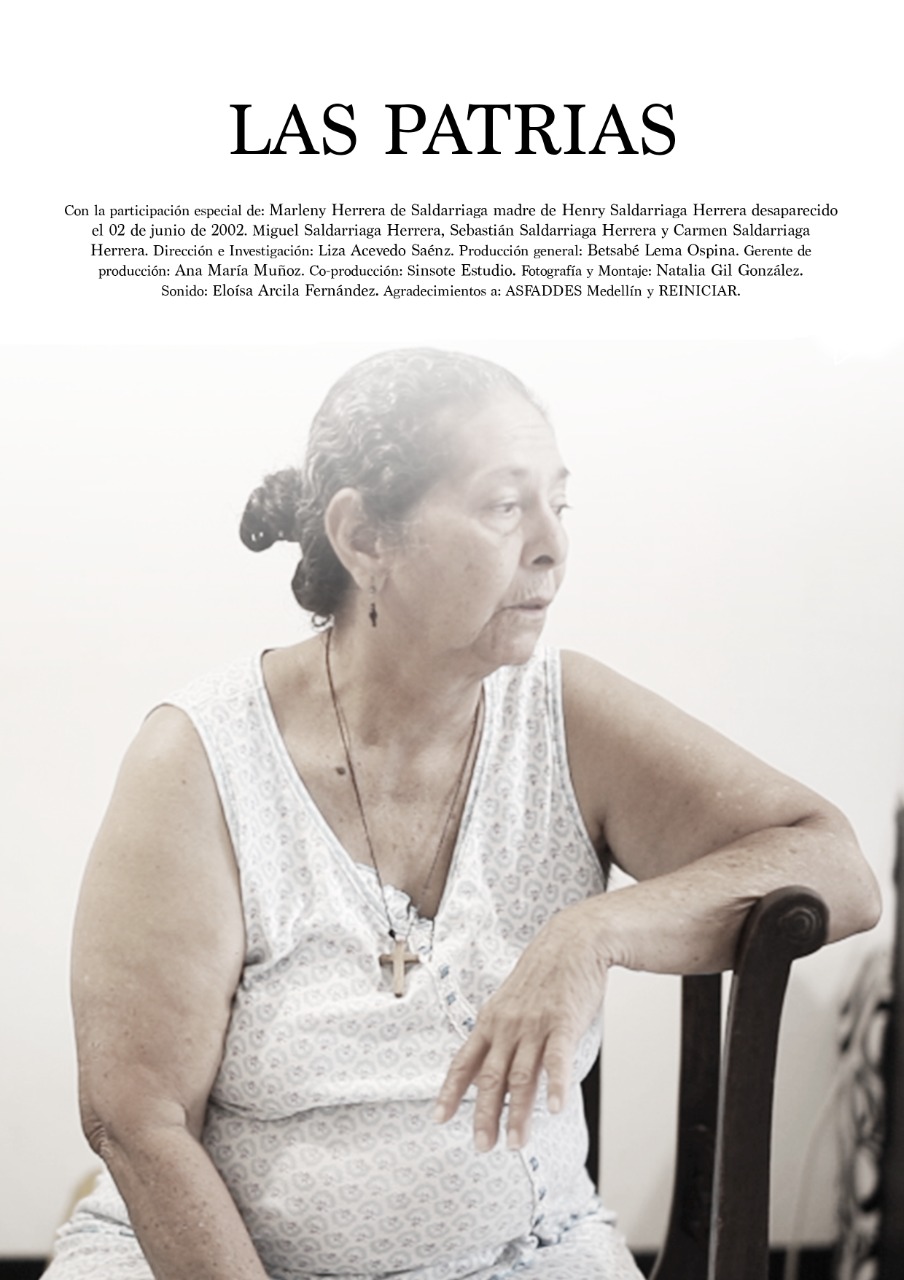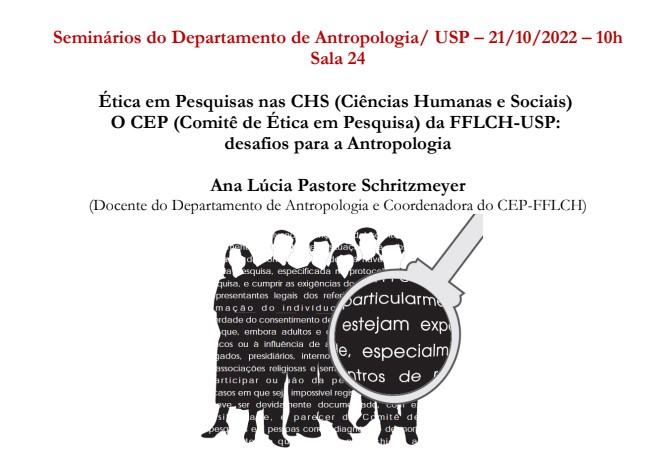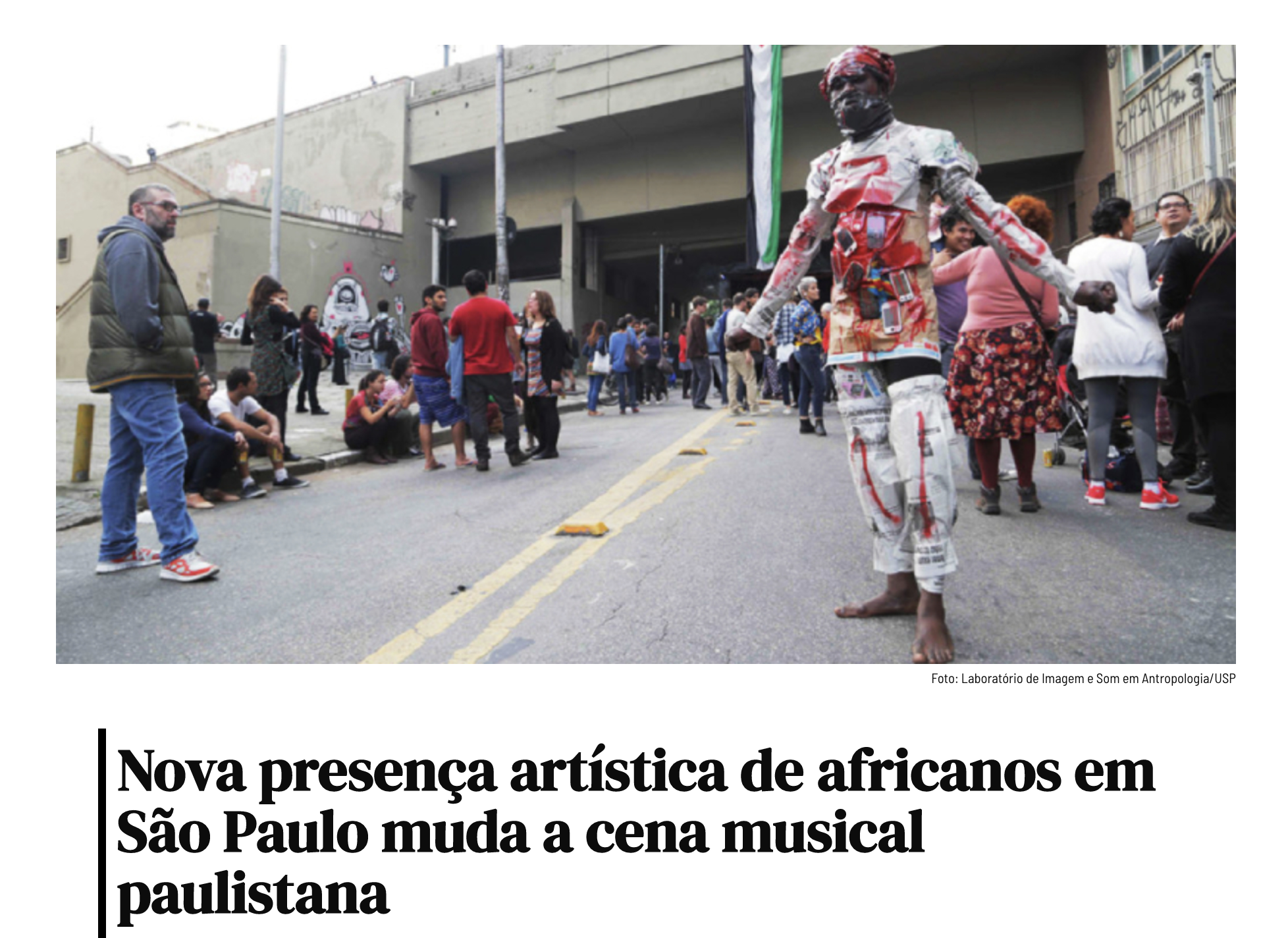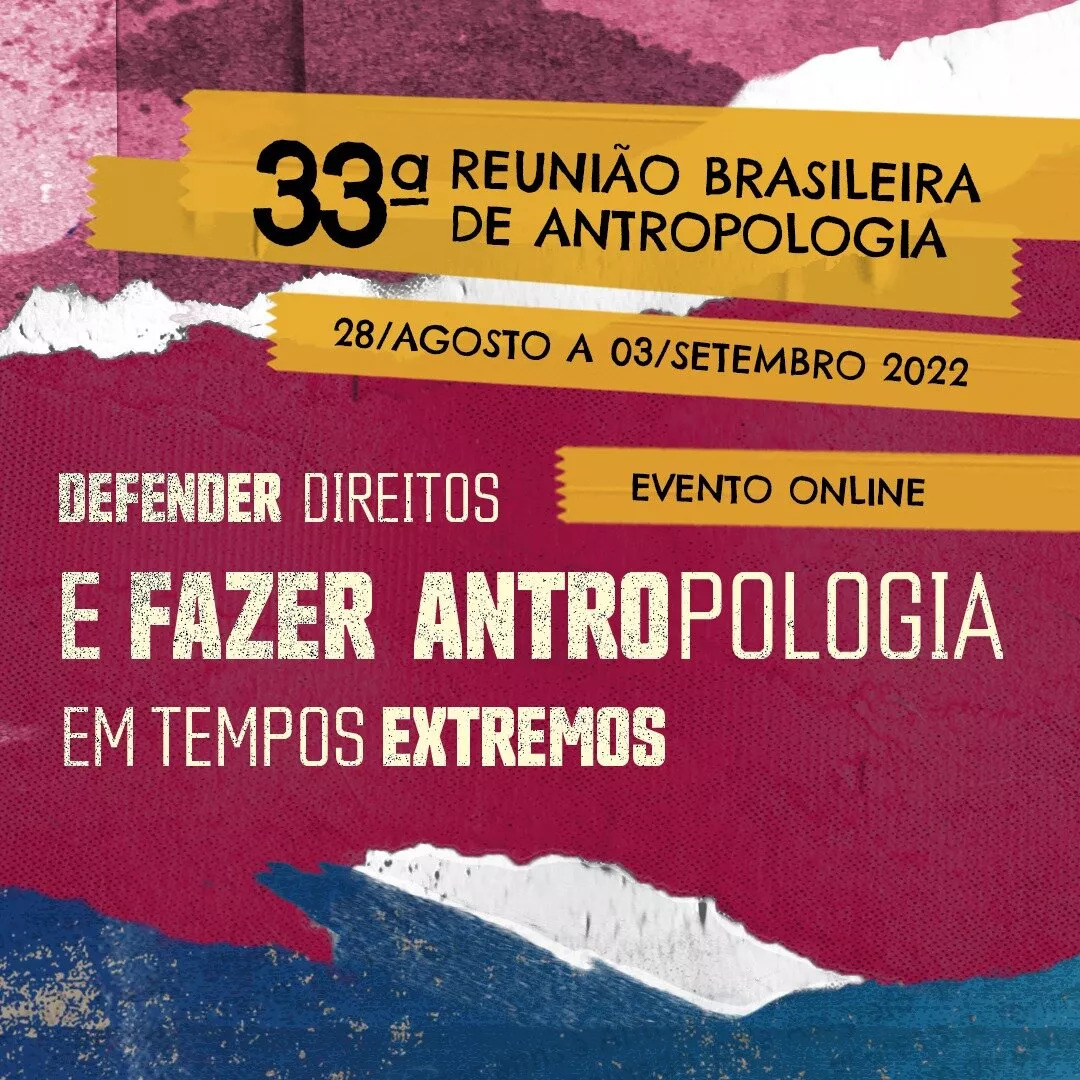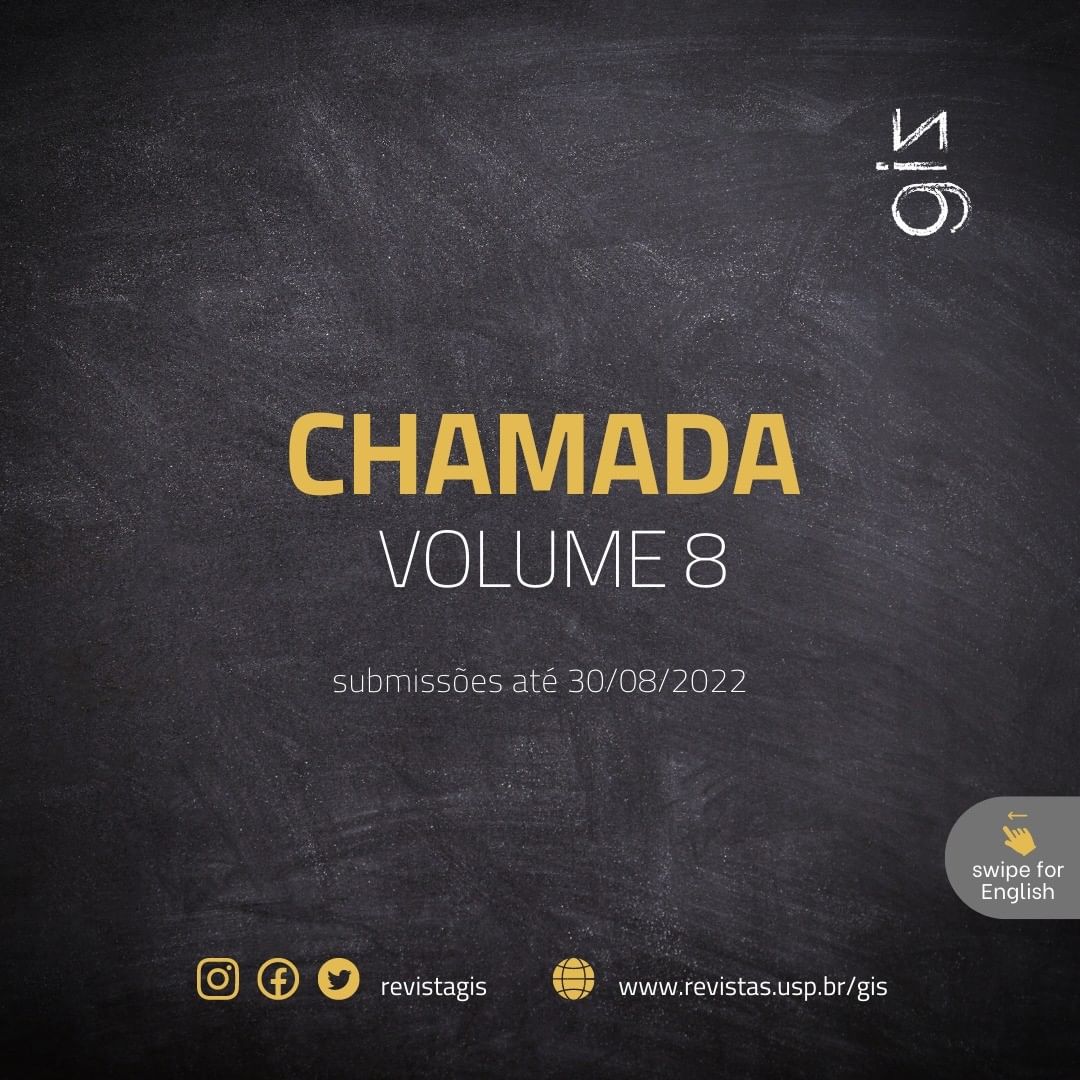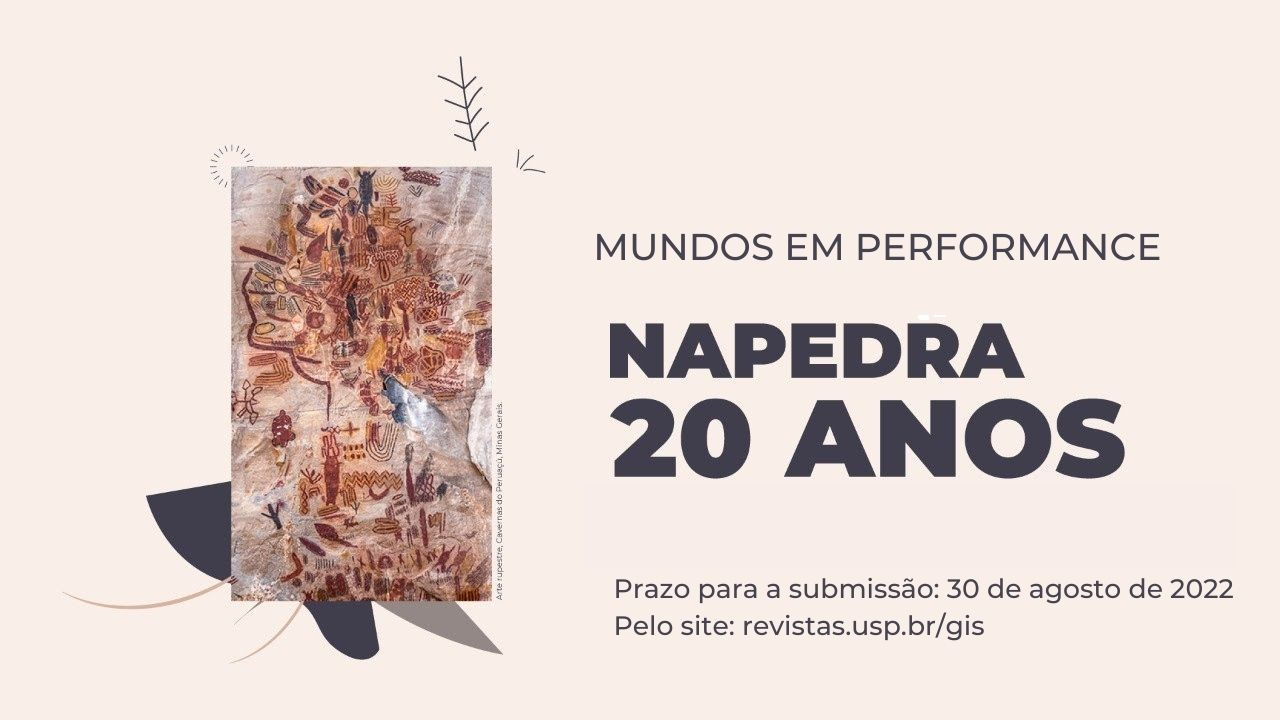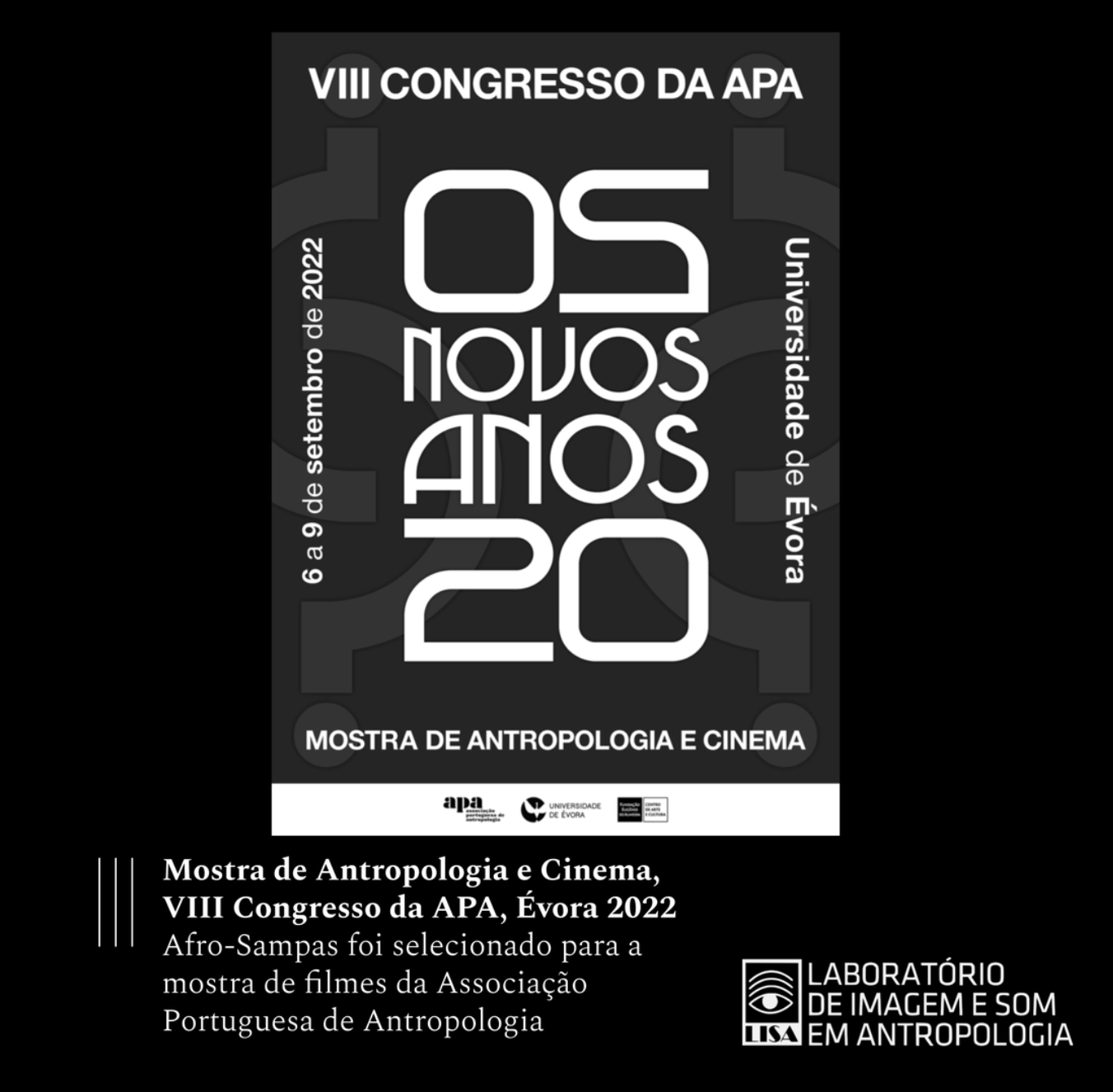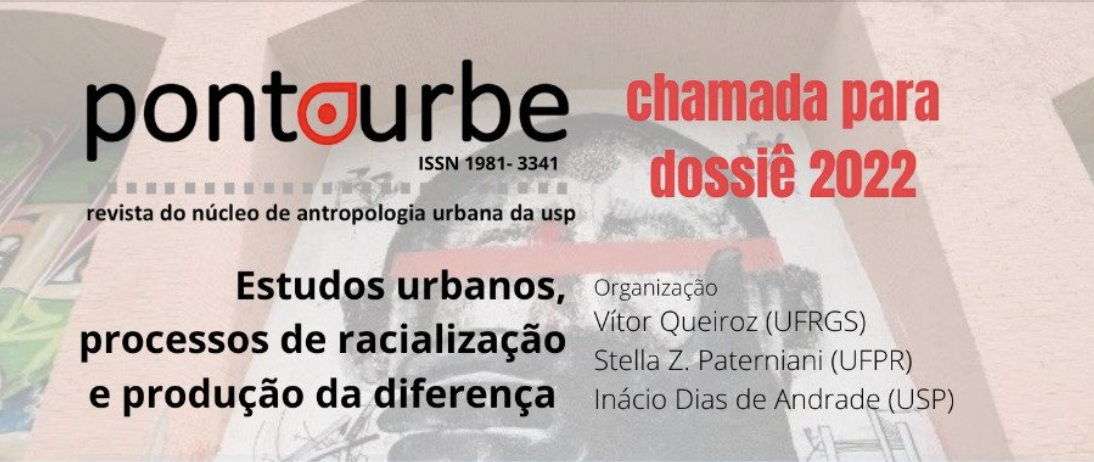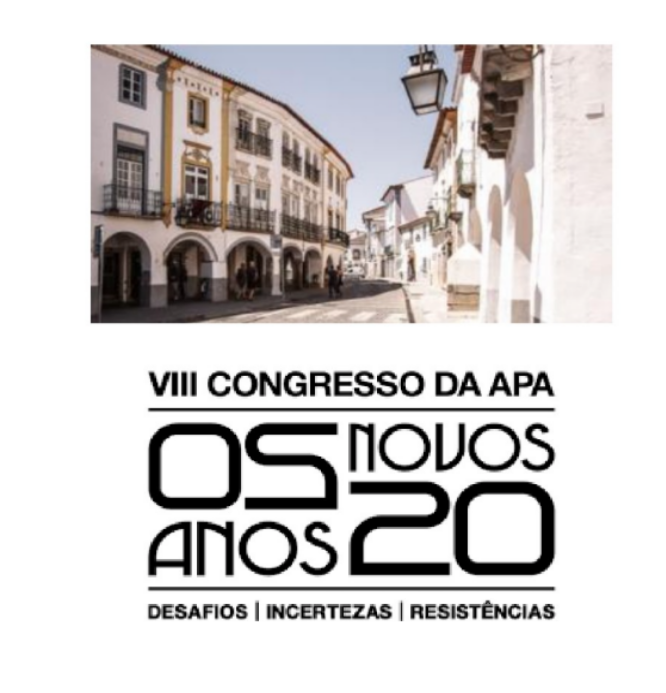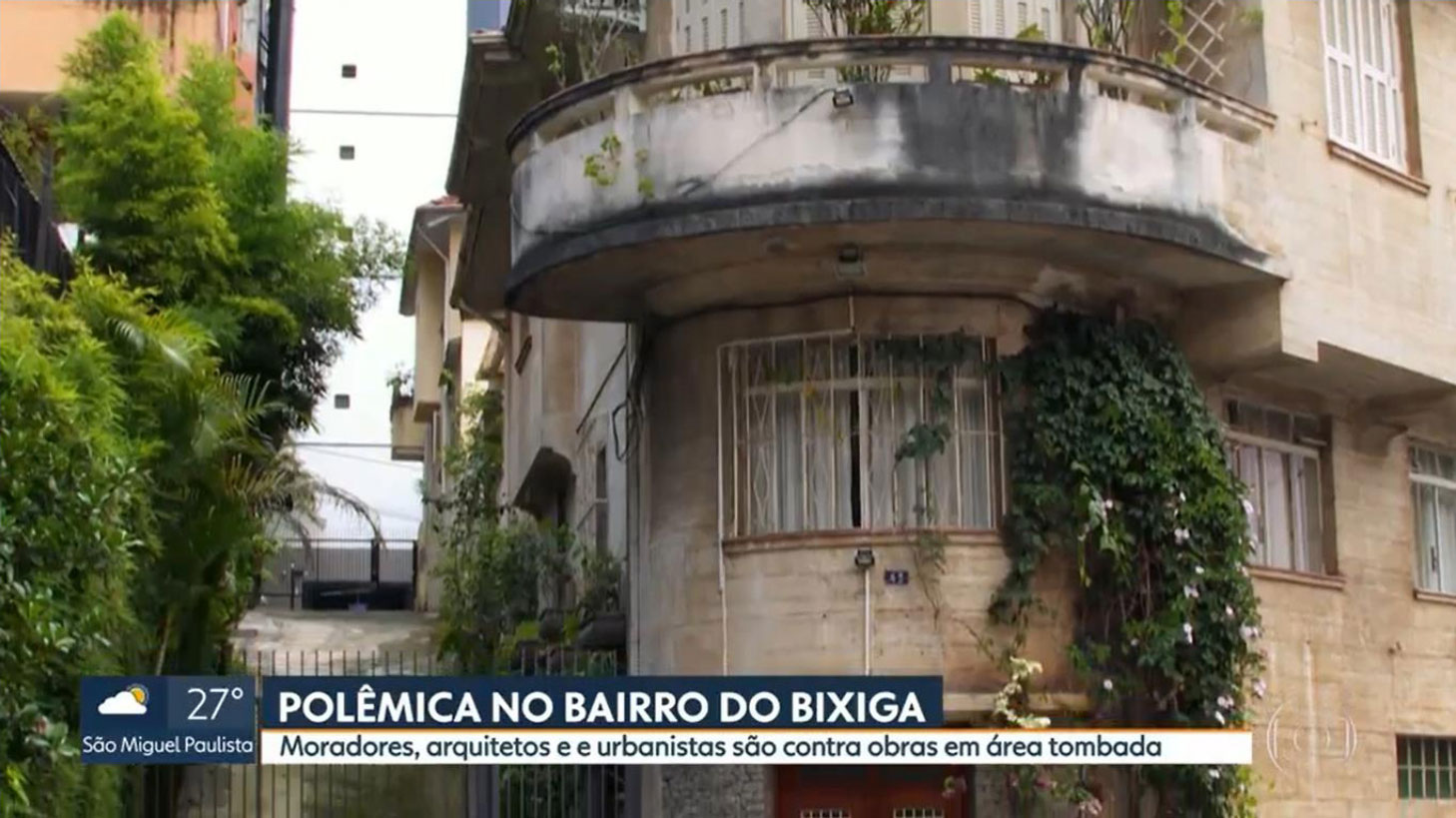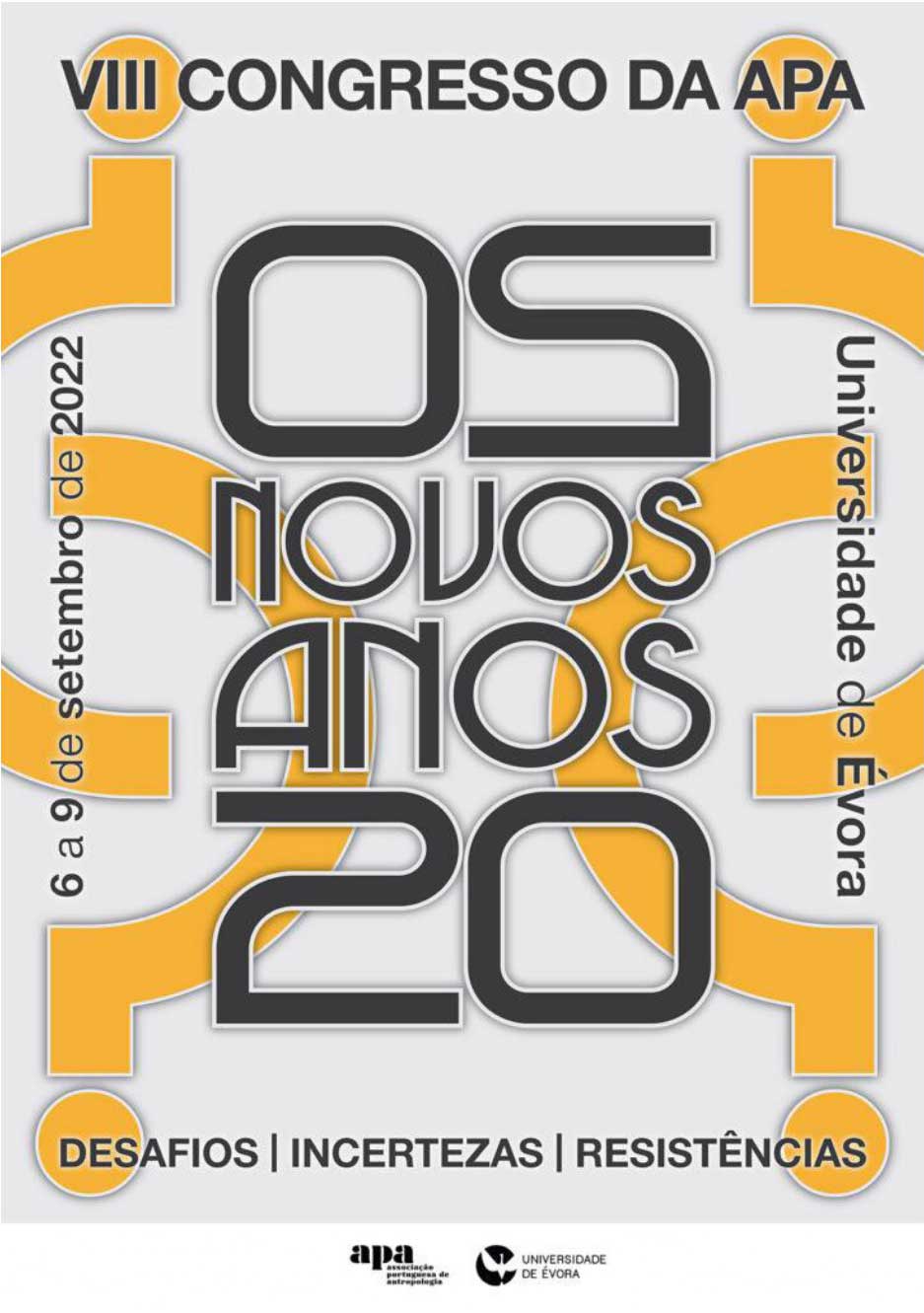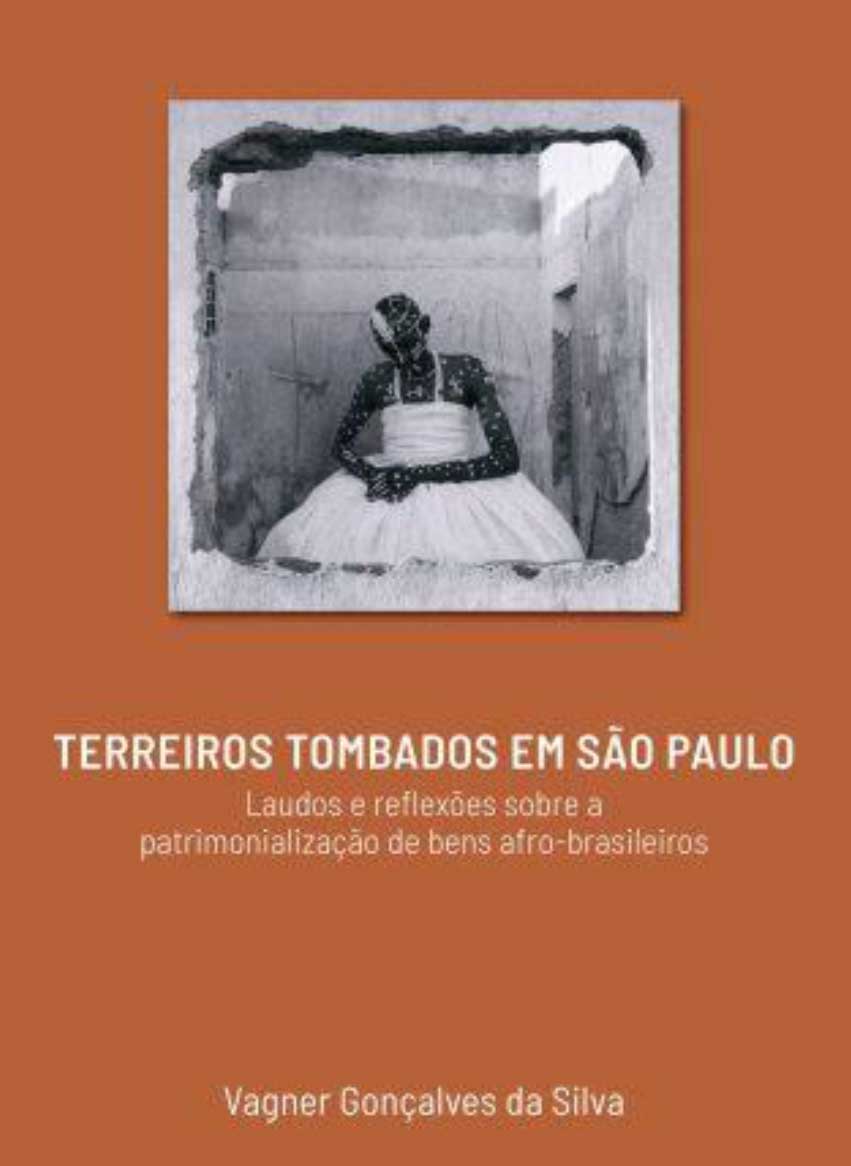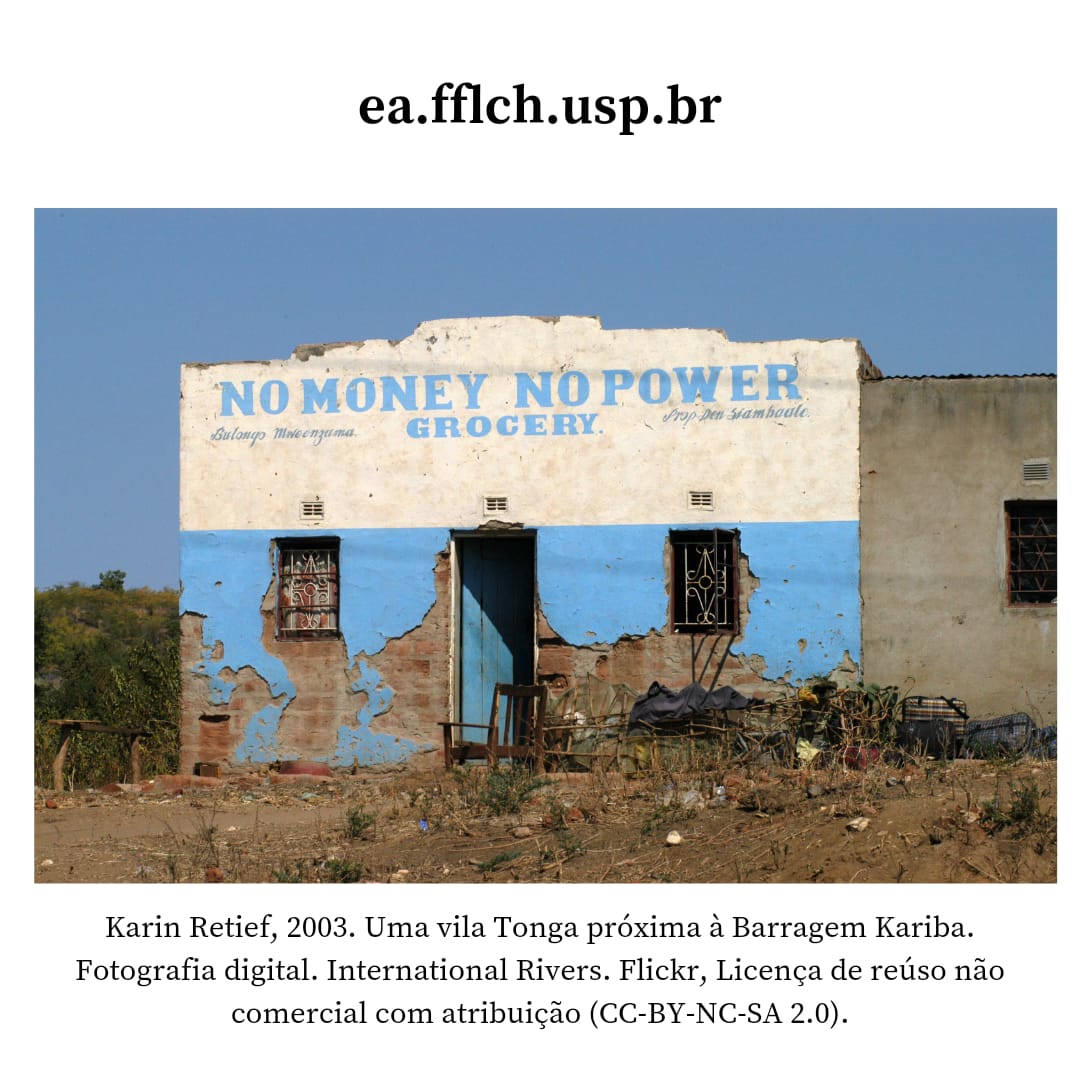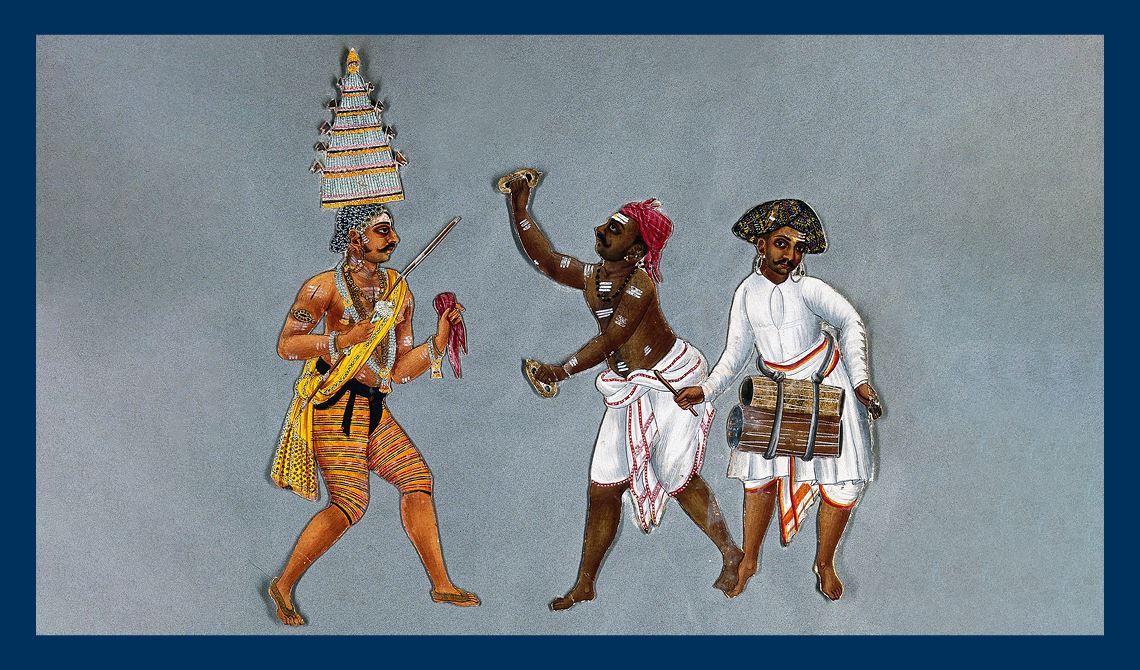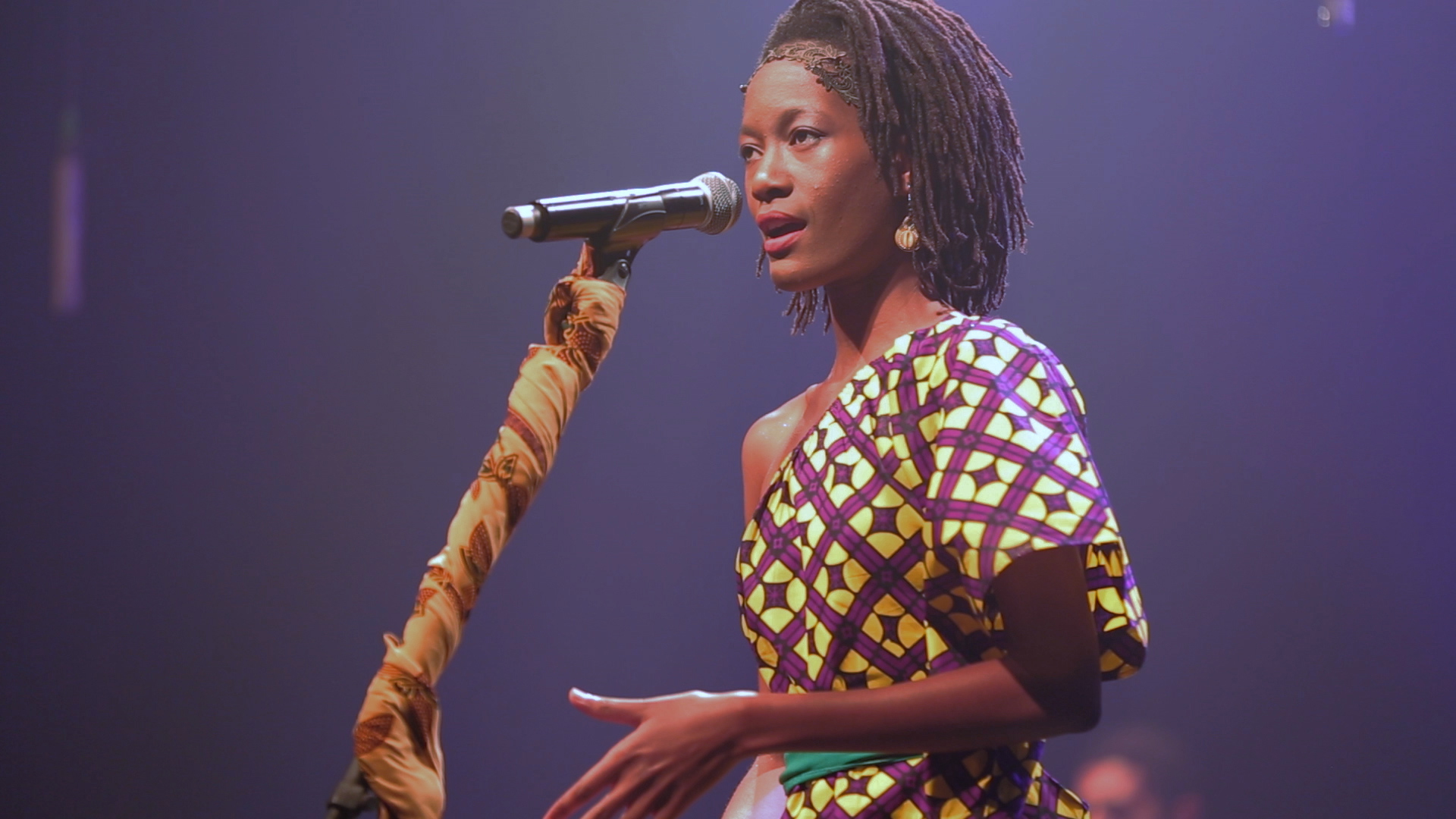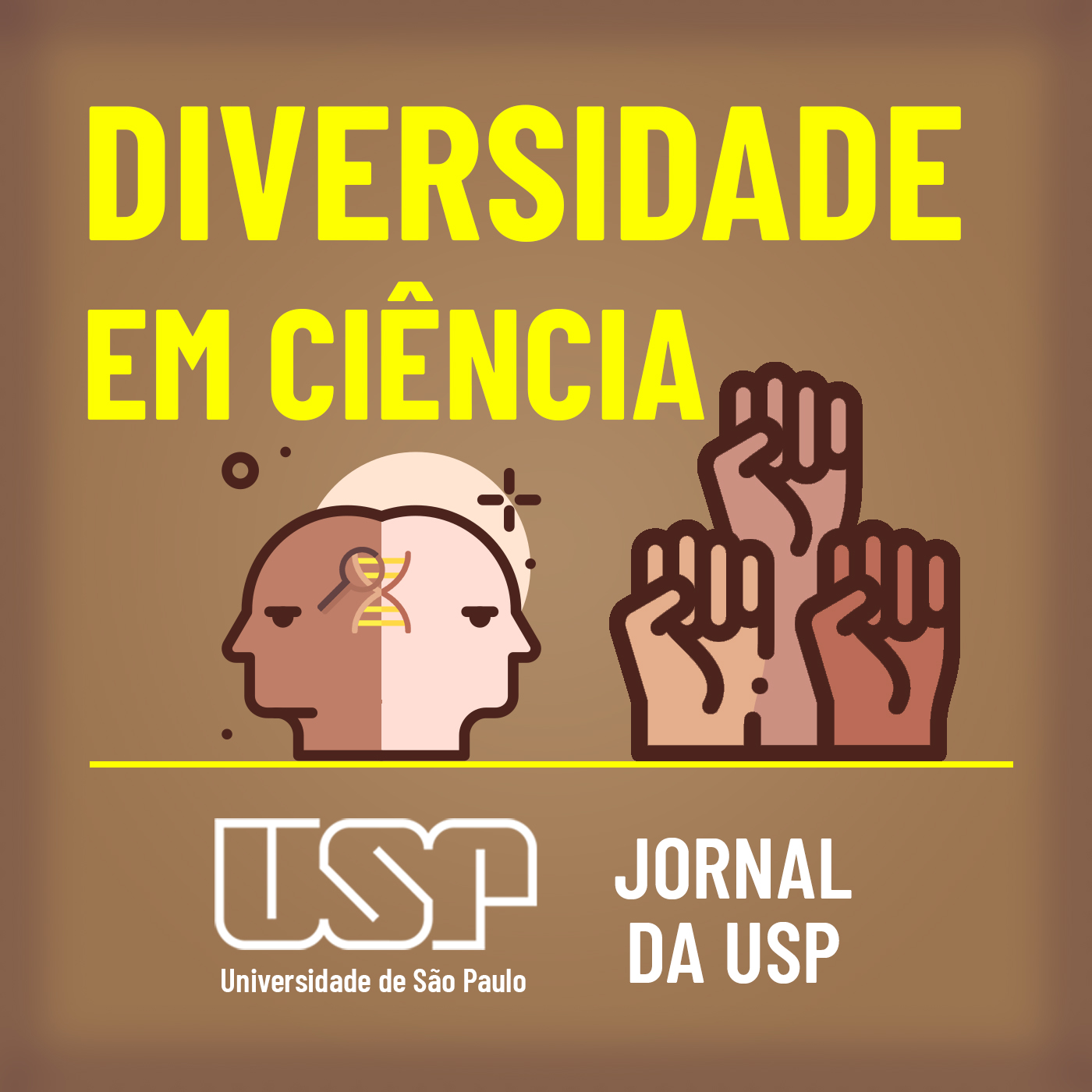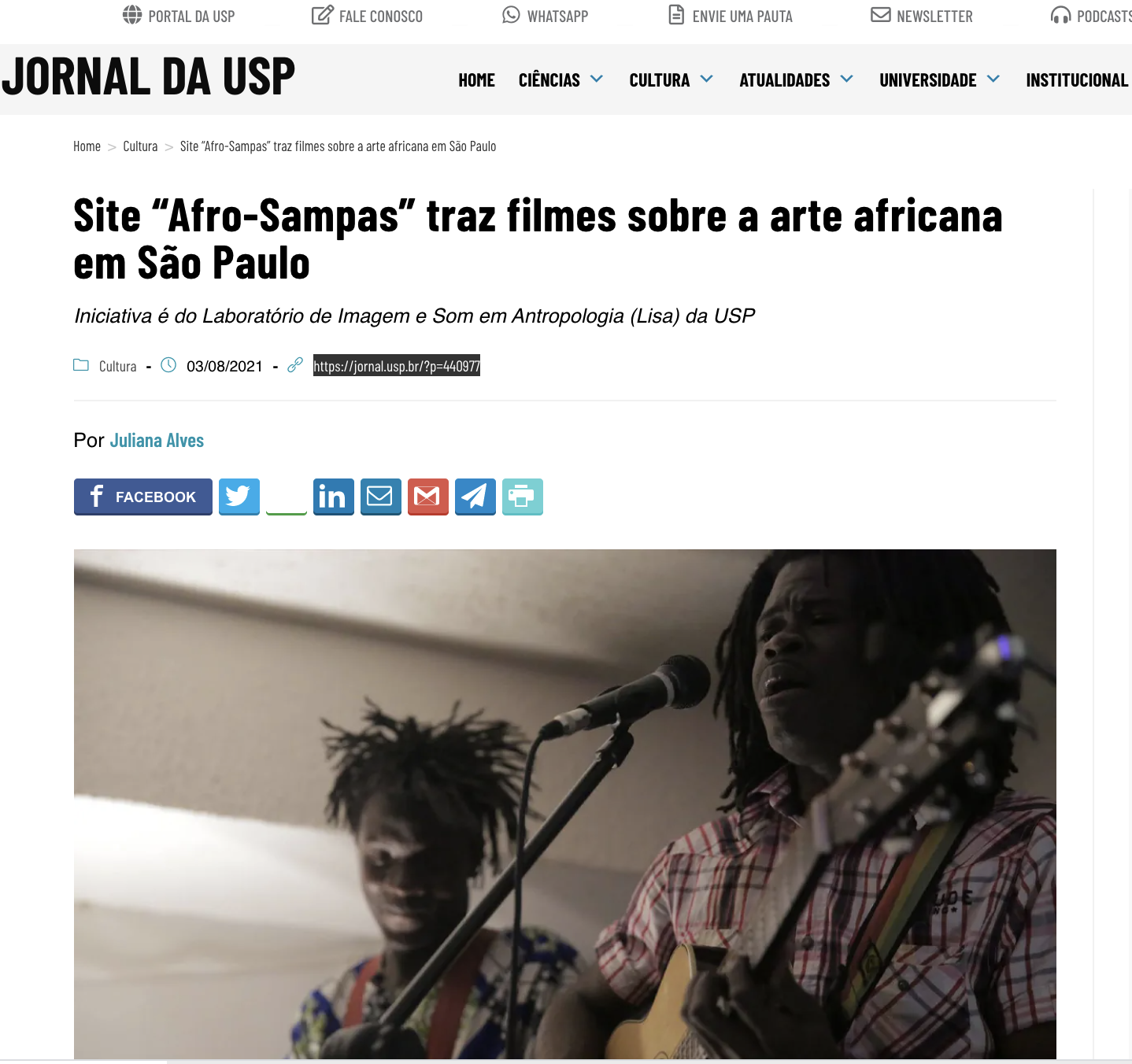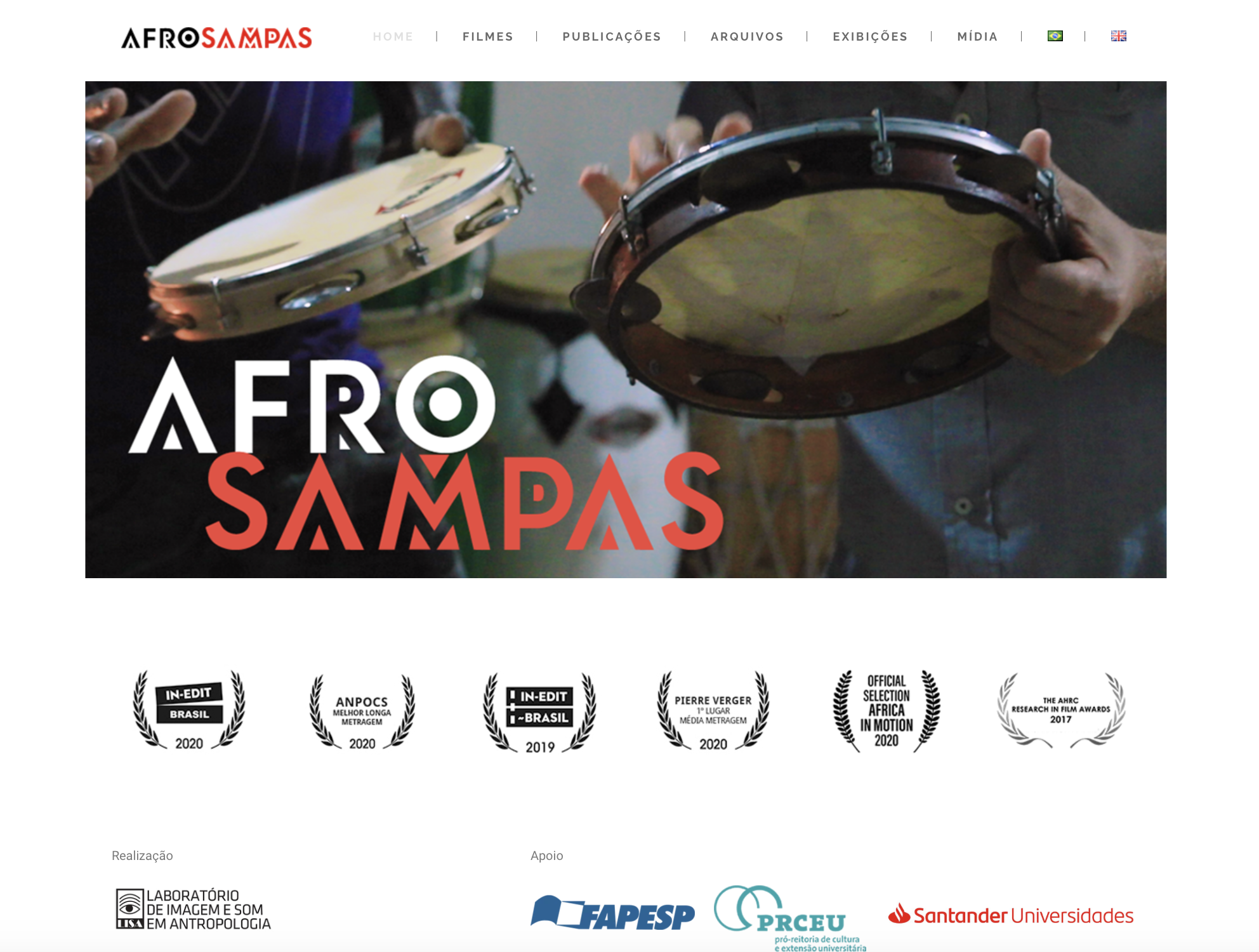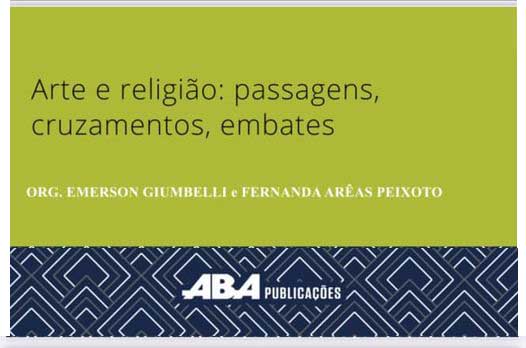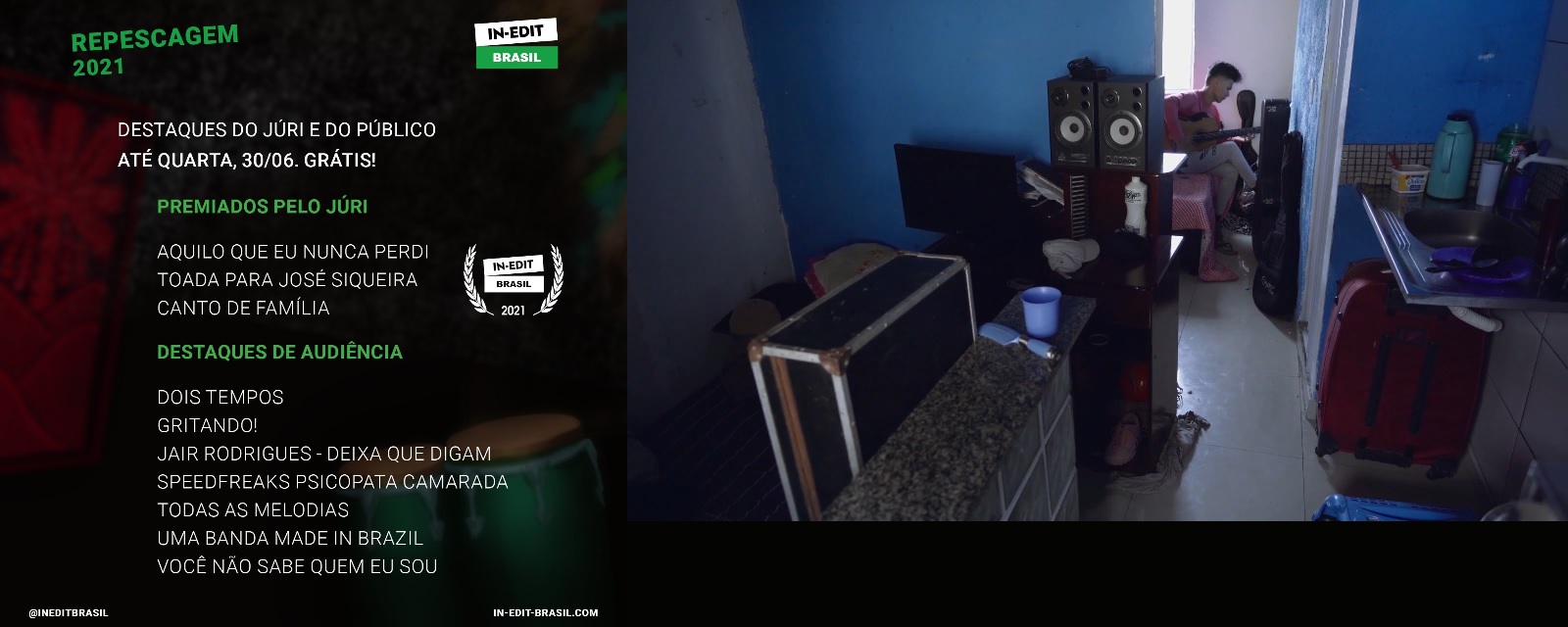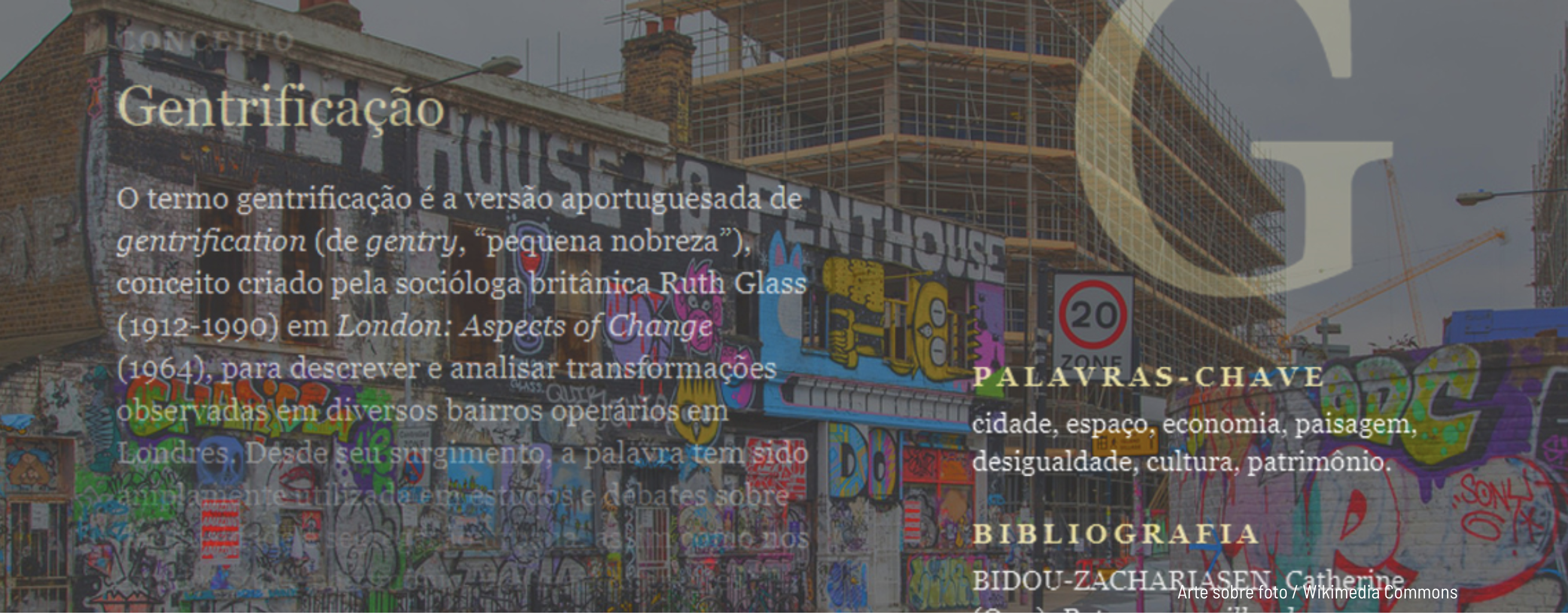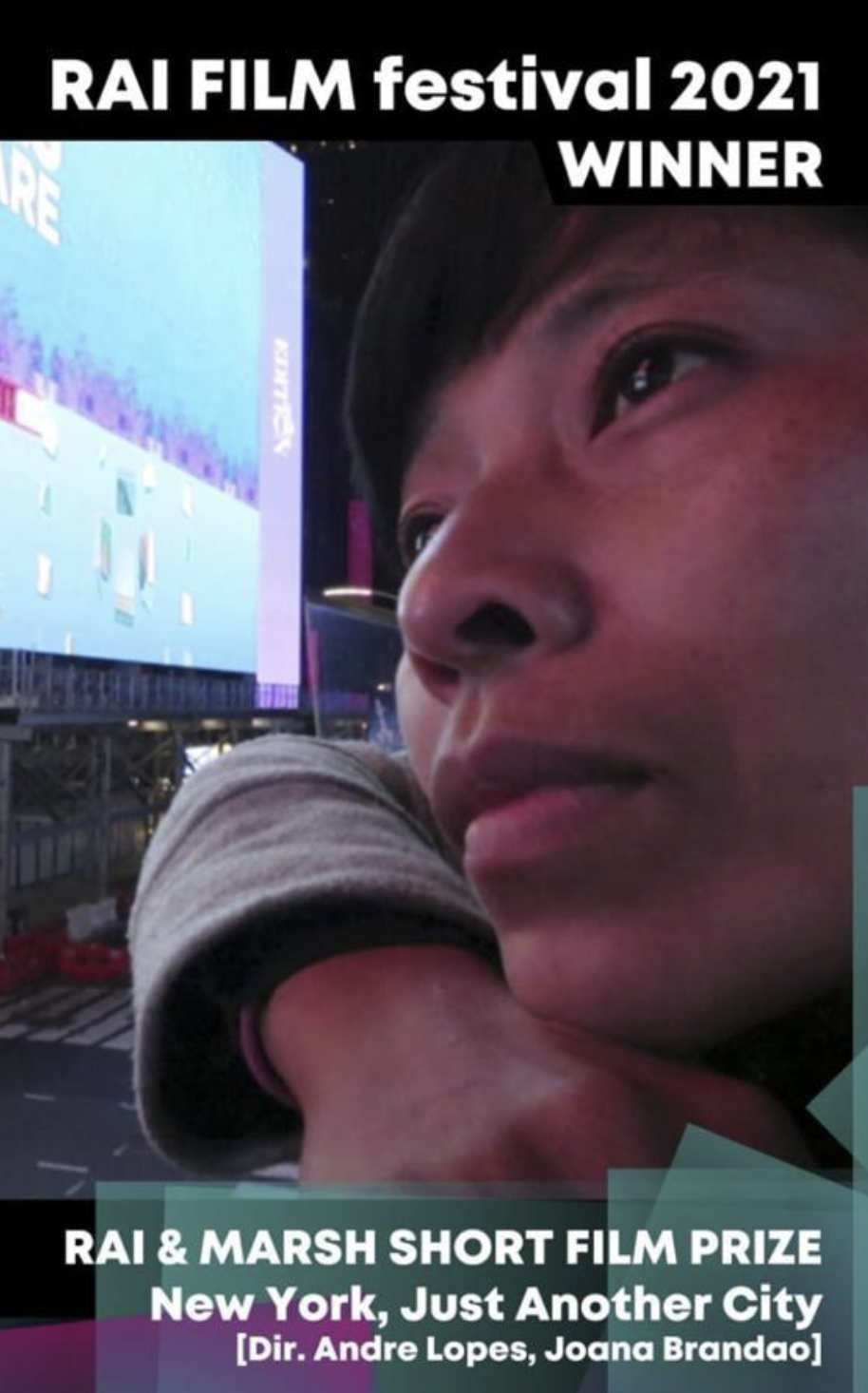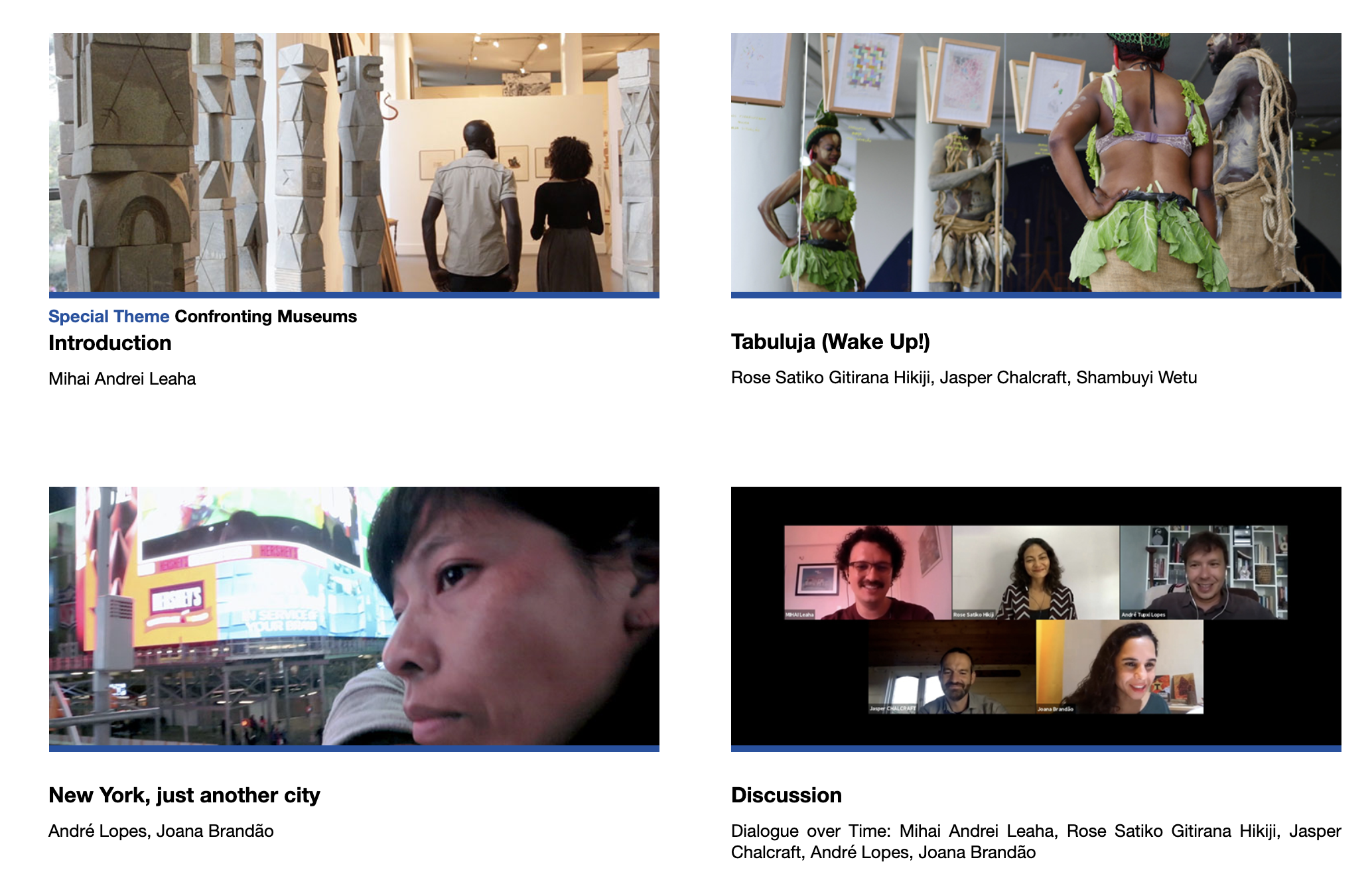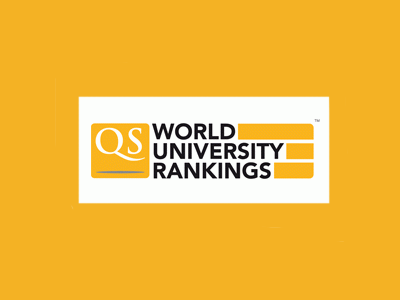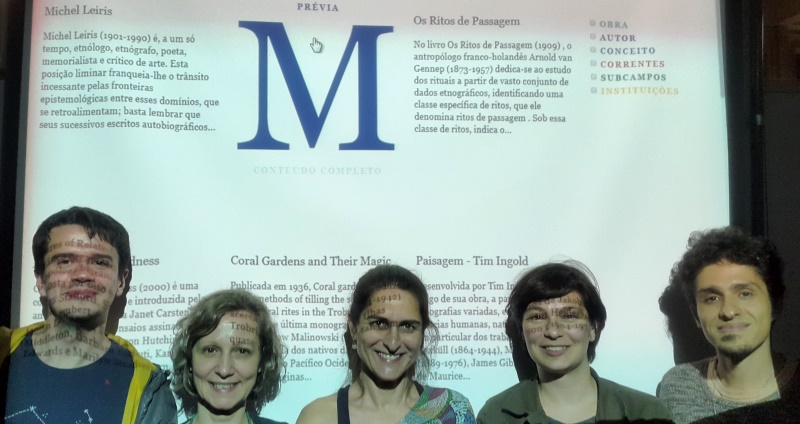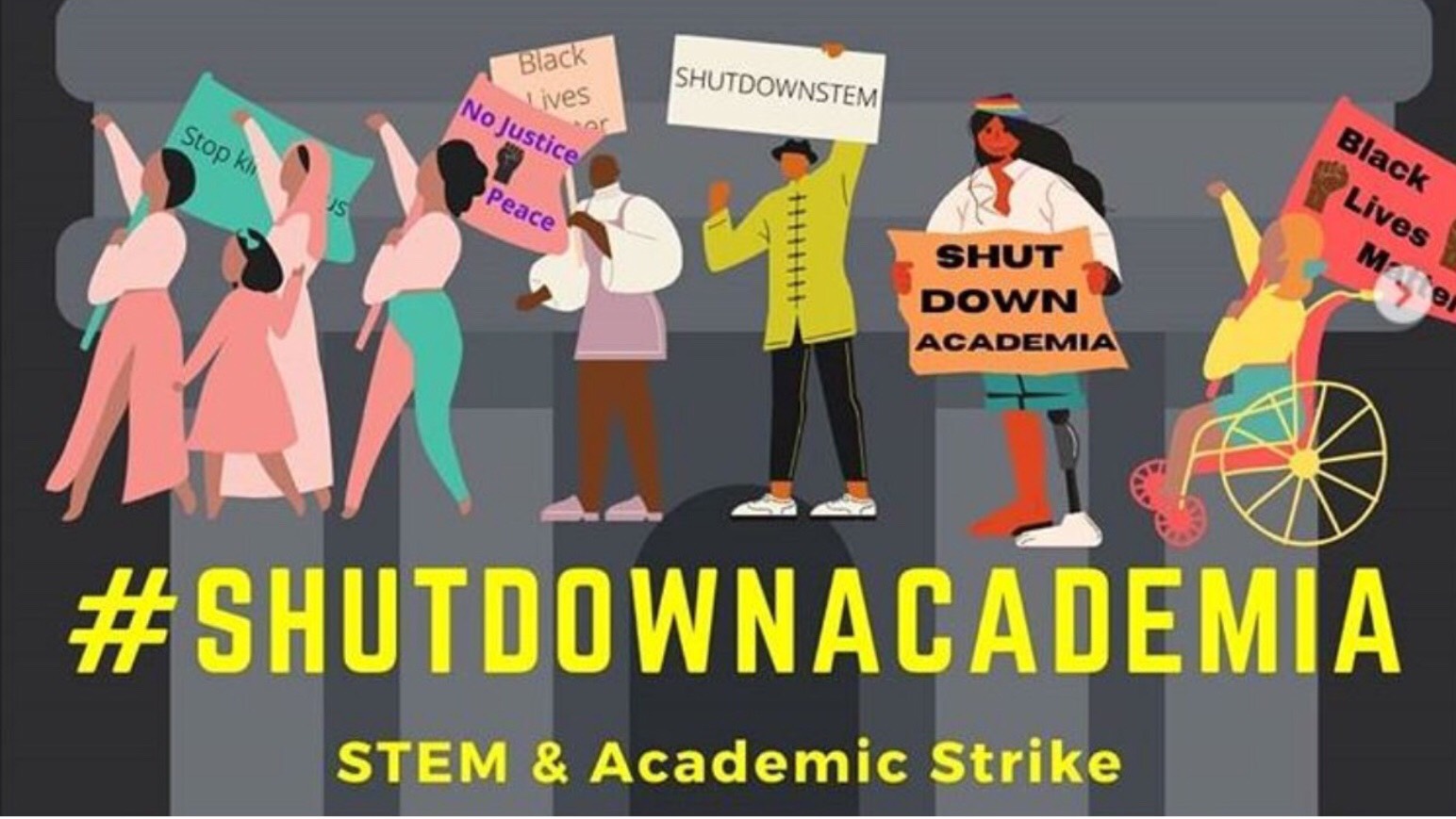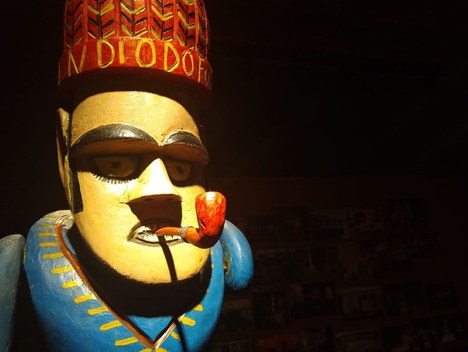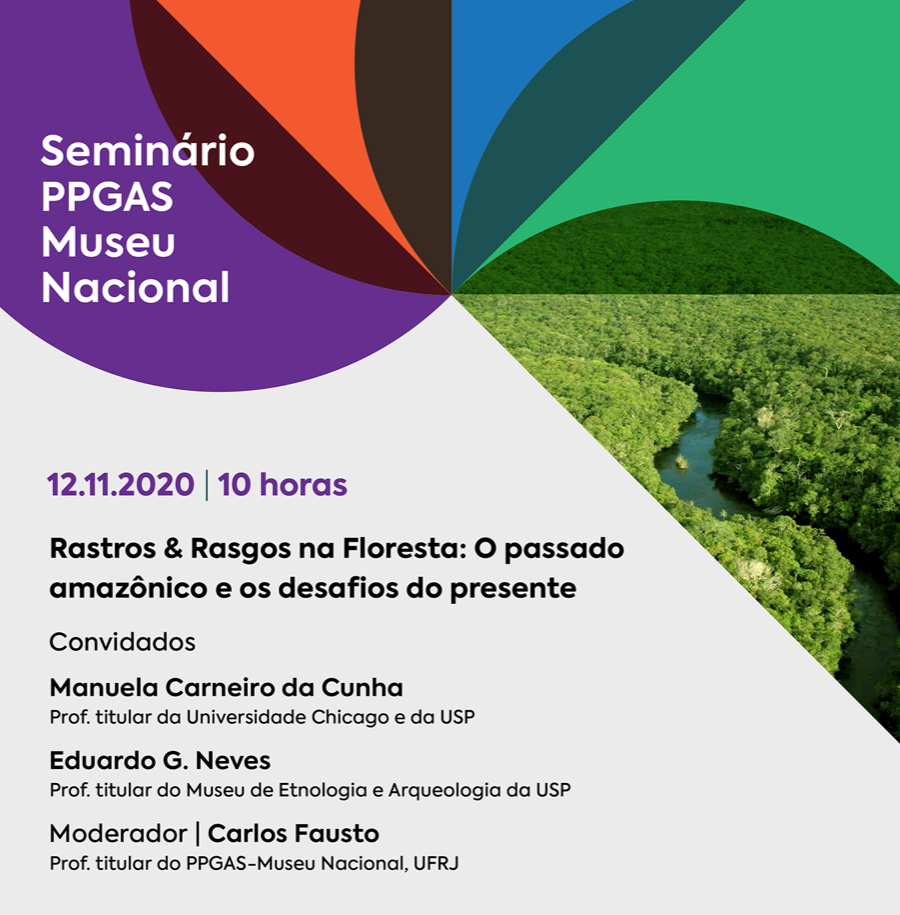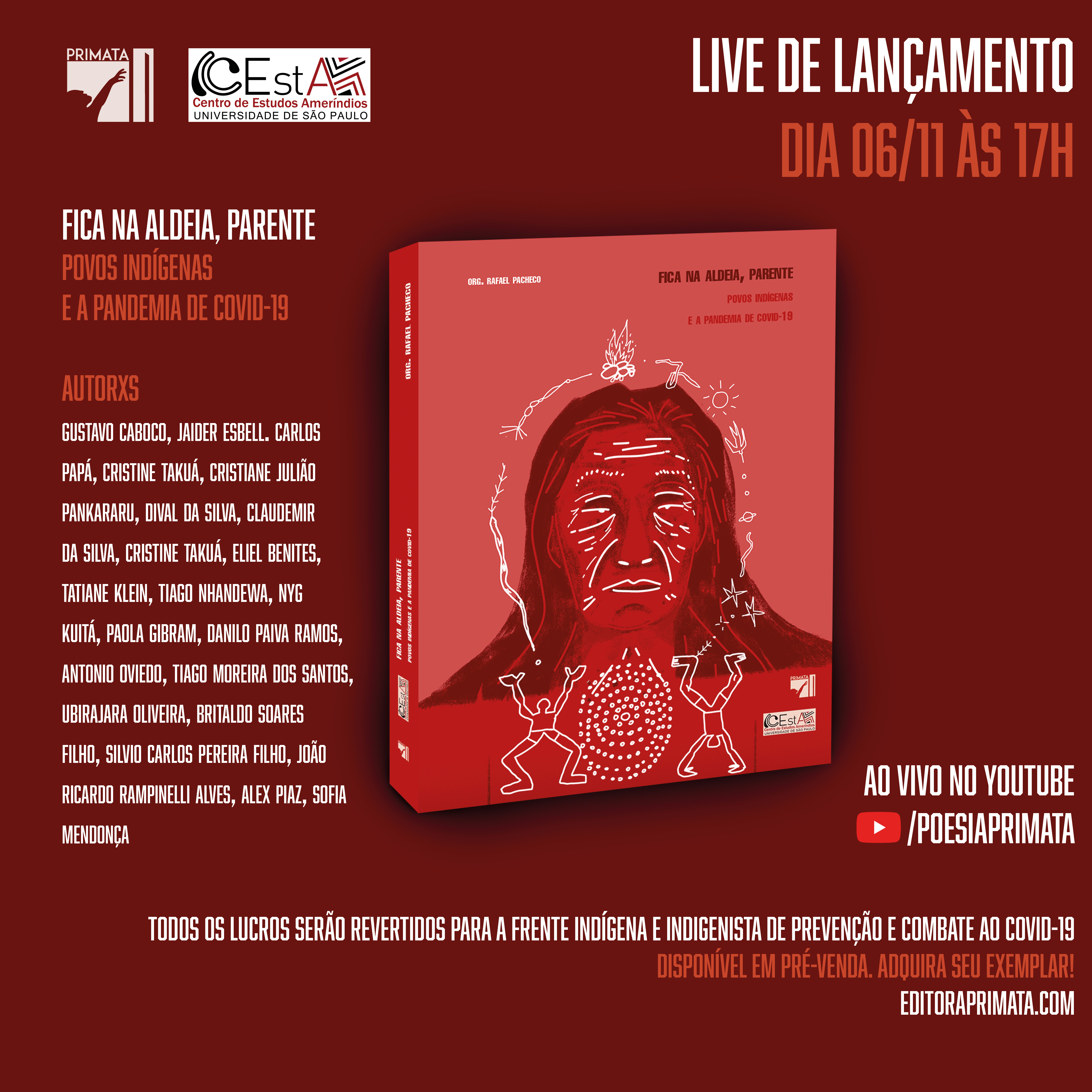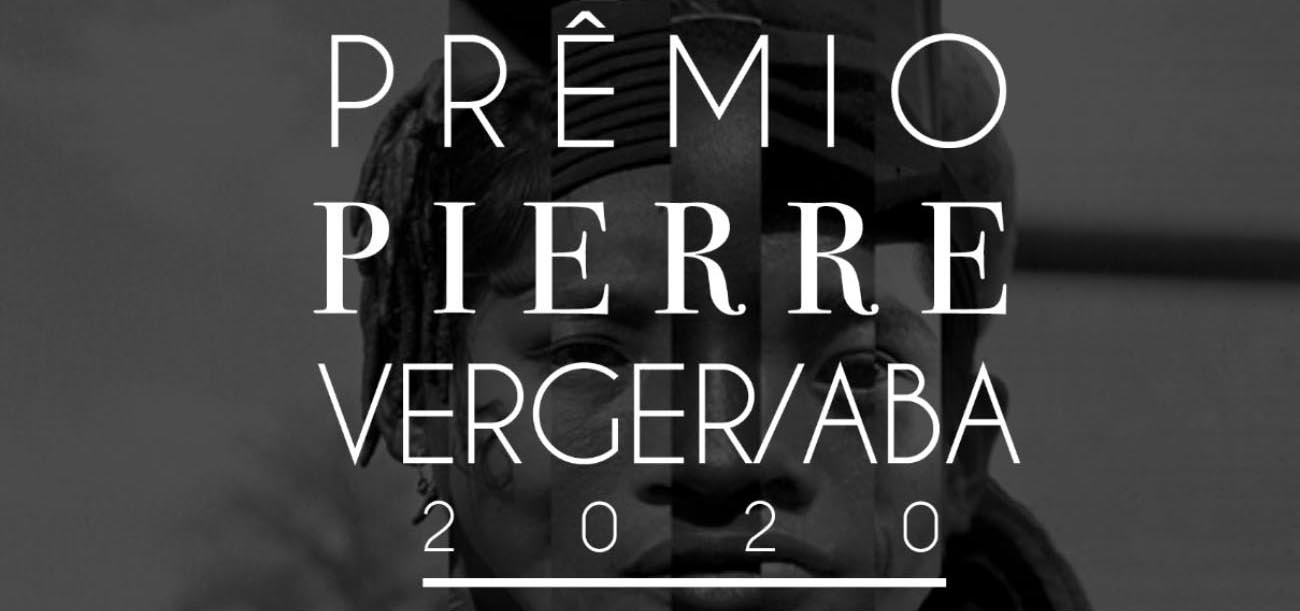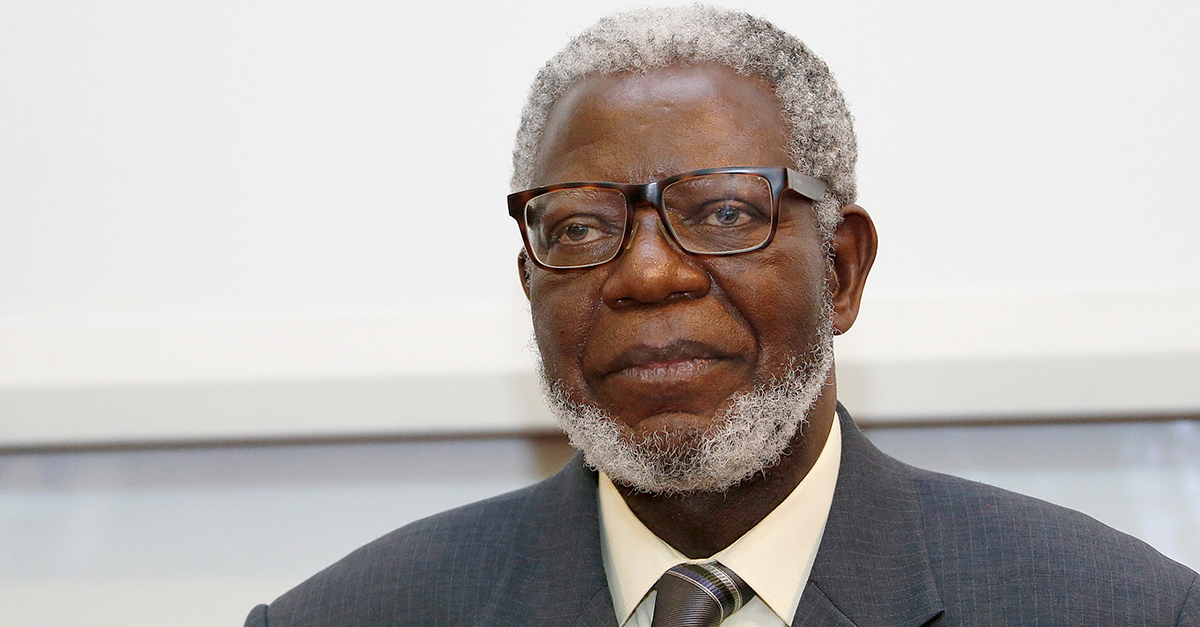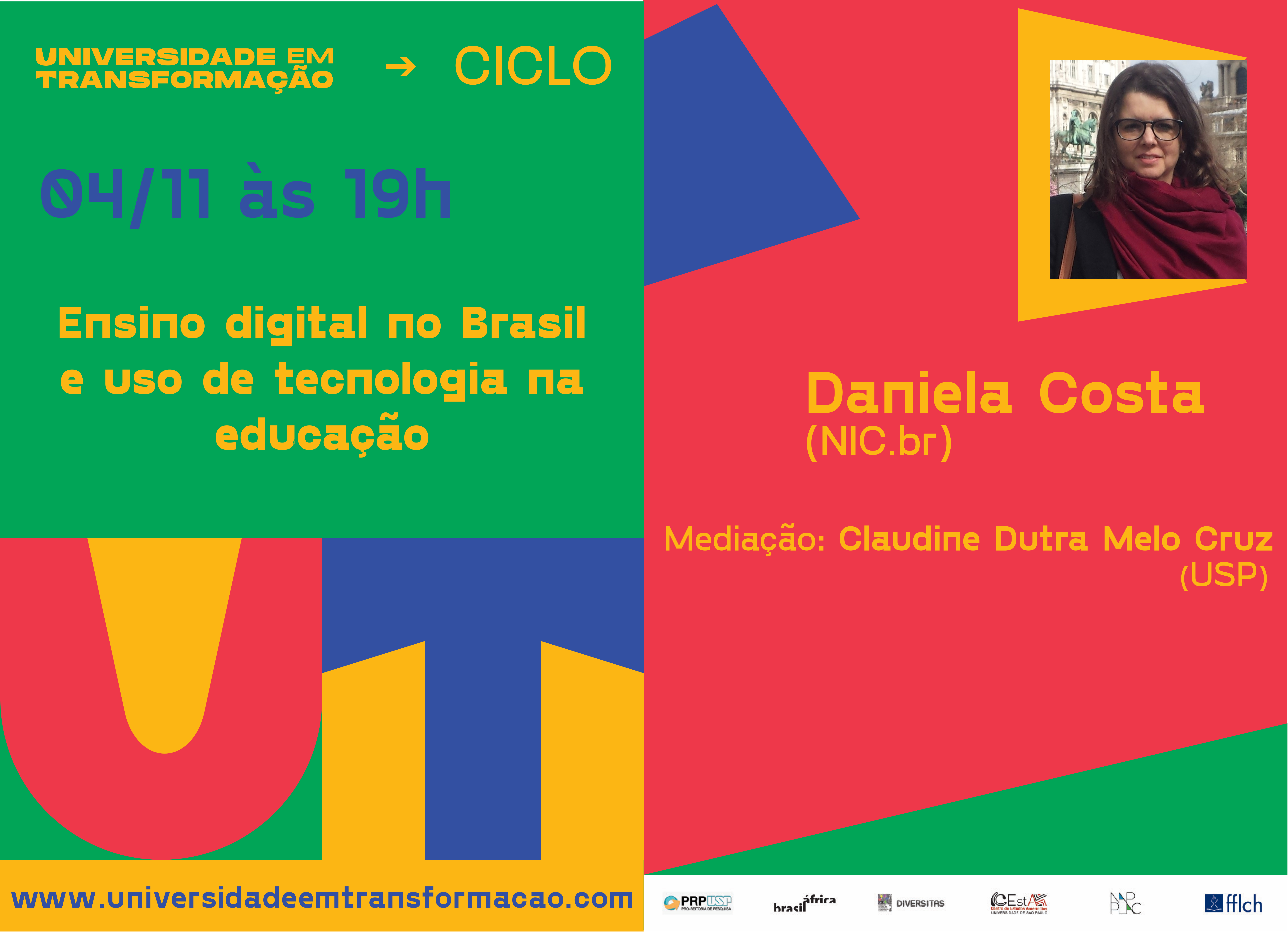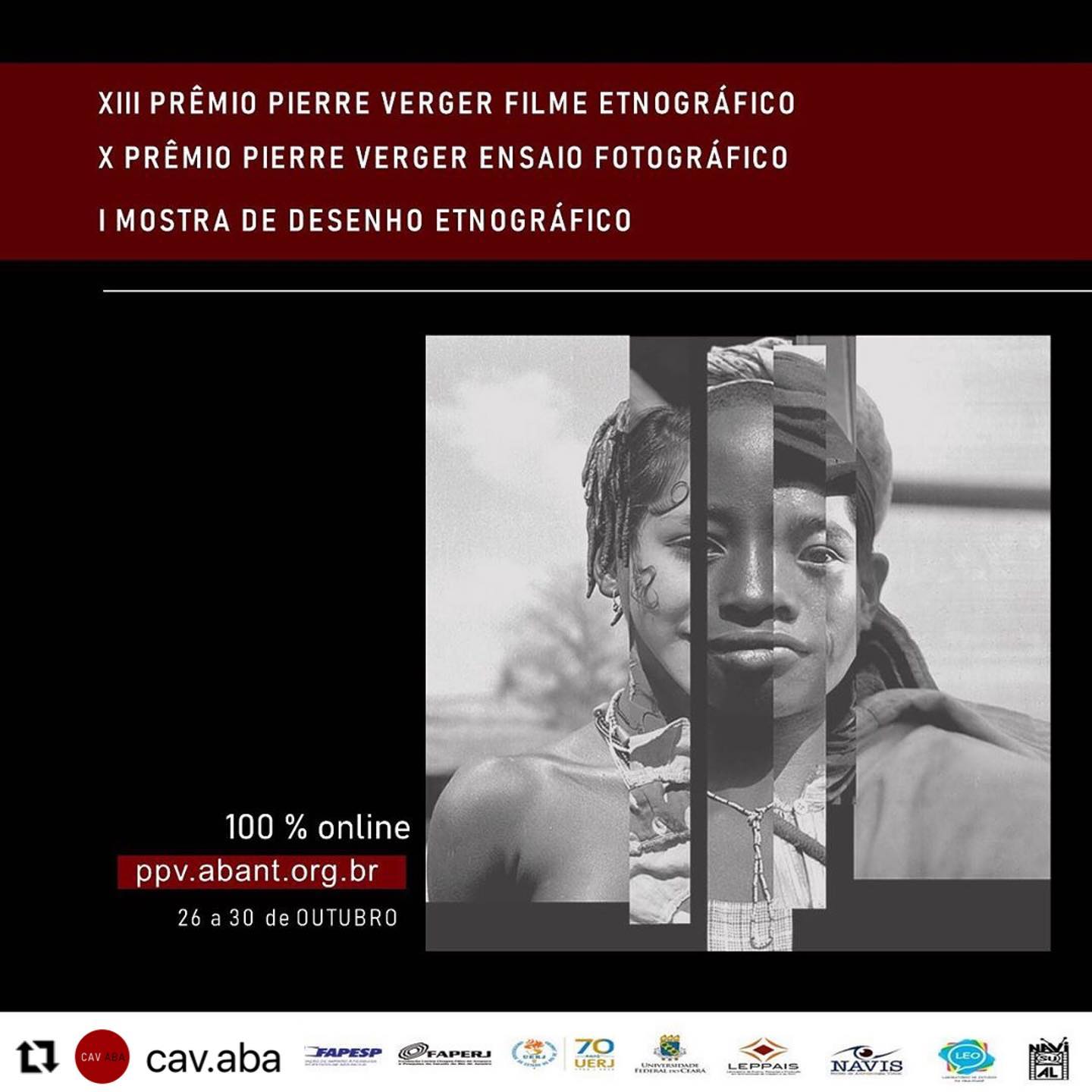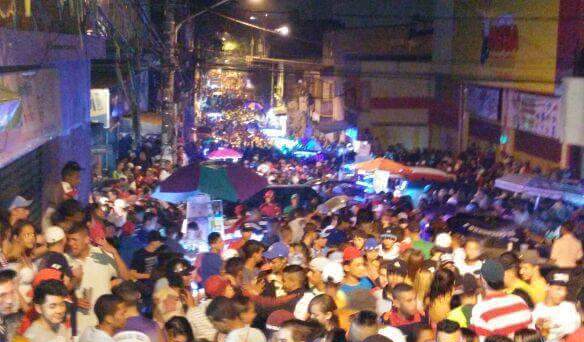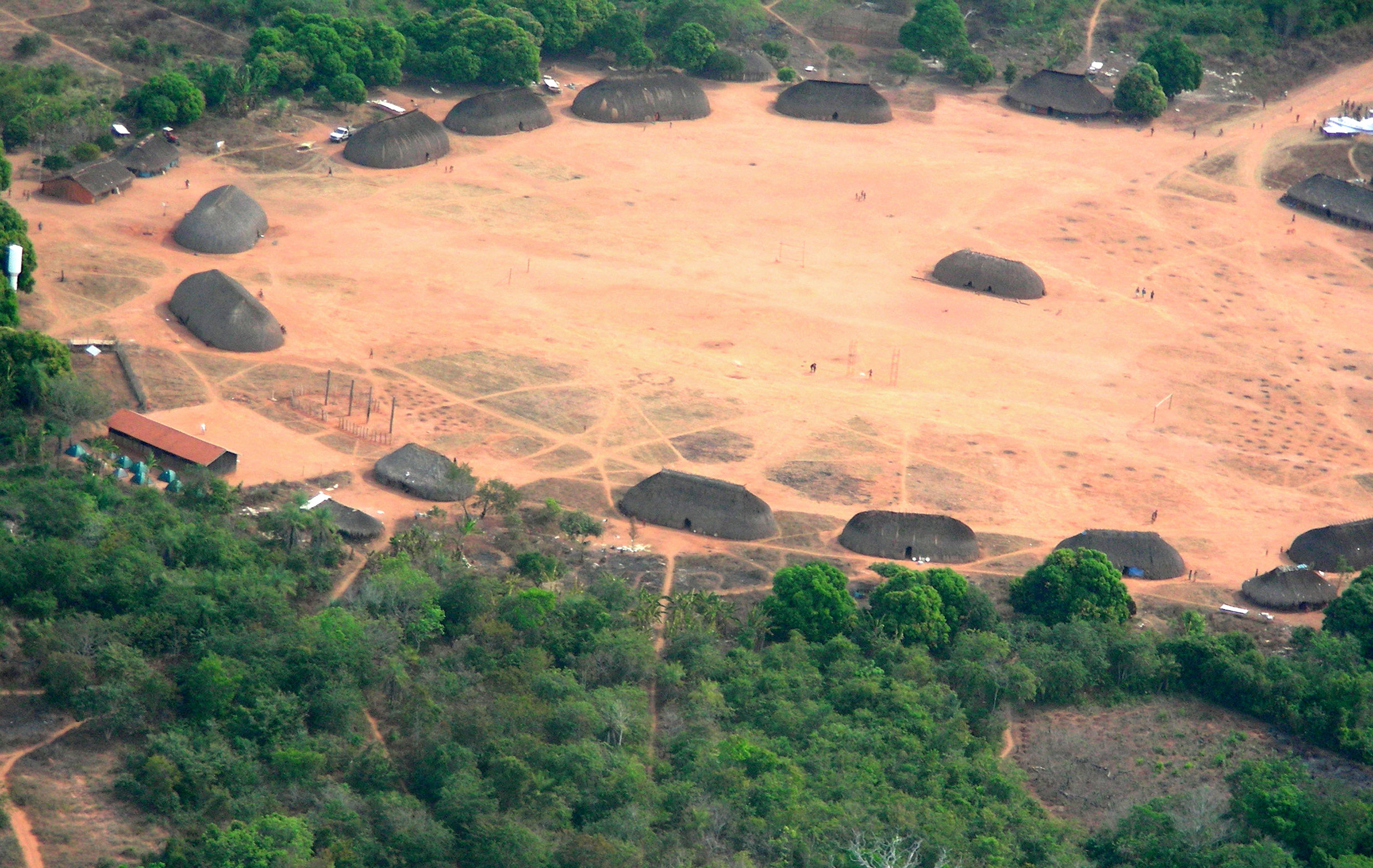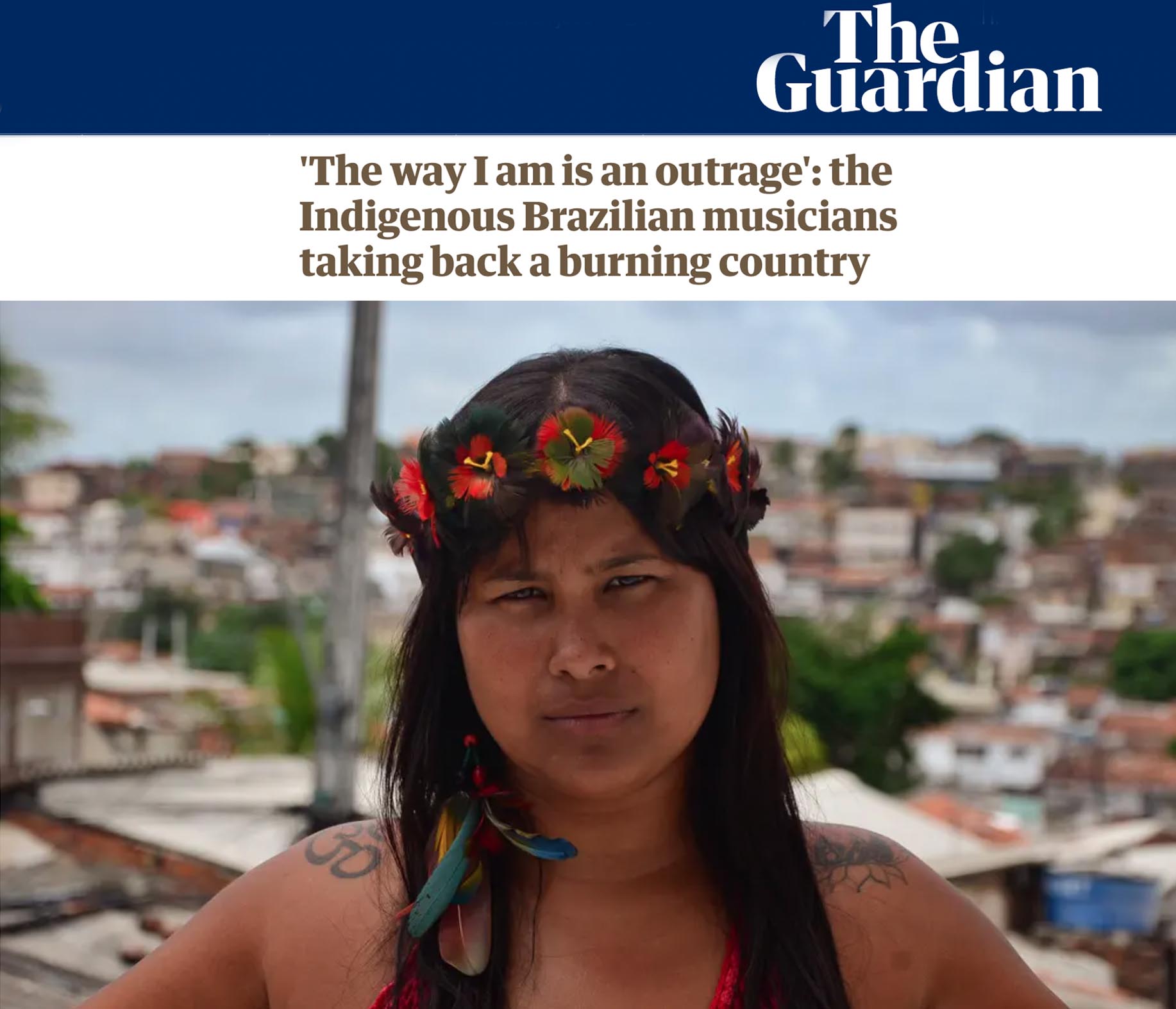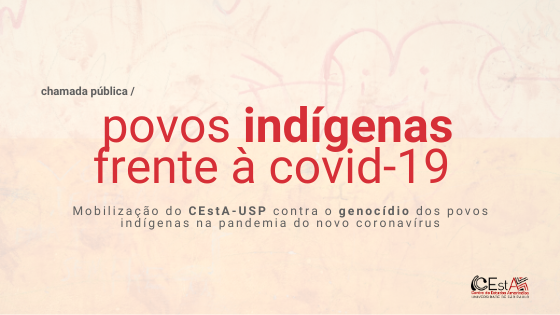News
"São Palco - Cidade Afropolitana" is among those selected for the “Territories and Memory Competition” at the 14th Ecofalante Film Festival. The competition is aimed at Brazilian productions or co-productions that deal with issues related to one or more territories in the country or that address themes linked to individual or collective memories.
Considered the most important South American event for audiovisual production related to socio-environmental issues, the Ecofalante Film Festival has free admission to all its activities and will take place from May 28 to June 11, 2025.
Produced by LISA and directed by Jasper Chalcraft and Rose Satiko Gitirana Hikiji, the film features Shambuyi Wetu, Yannick Delass, Lenna Bahule, Edoh Amassize and other Afropolitan artists who occupy Sampa (and the world) with their diasporic creativity. "São Palco - Cidade Afropolitana" will be shown in the following cinemas:
Reserva Cultural, room 03 - Avenida Paulista 900, Paraíso
Thursday 29/05, at 7 pm, followed by a debate with the film's director Rose Satiko Gitirana Hikiji
Cine Bijou - Praça Franklin Roosevelt 172, Consolação
Sunday 01/06, at 4 pm
Synopsis:
What do African artists who have arrived in Brazil in recent years carry with them on their journey? How do the African diasporas – the new creative diaspora and the one that has turned the Atlantic into a cemetery – interact? What stages are occupied, built, and filled with the performances of artists who have crossed the ocean? Ancestralities are updated in performances that construct an Afropolitan present in a metropolis where it is necessary to be bold and color the gray. São Palco – Cidade Afropolitana presents the city of São Paulo as a meta-stage occupied by artists from Togo, Mozambique, the Democratic Republic of Congo, and Angola, among other African nations, in dialogue with the Brazilian population and its openness, contradictions, and tensions.
Direction, photography, and research:
Jasper Chalcraft
Rose Satiko Gitirana Hikiji
Listen to the interview - "City, graffiti and anthropology" - at: https://open.spotify.com/
Applications will be open from March 20 to April 4, 2025, to participate in the Preparatory Workshops for admission to the USP Graduate Program in Social Anthropology.
The course will consist of two stages:
I – General Workshops (in 2025/01);
II – Project Tutoring Cycle (in 2025/02);
The Preparatory Workshop Cycle is organized by an independent group of students from the Program and aims to increase the participation of black people, indigenous people, quilombolas, people who belong to traditional peoples or communities, people with disabilities and trans people in graduate studies, especially in Social Anthropology courses.
Up to 100 places will be offered to people belonging to these groups.
The activities will be held on Saturdays, remotely and completely free of charge.
Registration can be done through the link: https://forms.gle/wx6QMnmwYGzZPdSp9
If you have any questions, please contact us:
Email: coletivopreparappgas.usp@gmail.com
Instagram: @oficina.preparatória
Enrico Spaggiari discussed topics from his doctoral thesis and the co-organization of the collection 'Popular Football' (published with support from the National Institute of Science and Technology, INCT) in the aforementioned article (1/3/25): https://revistapesquisa.
Julio Cesar Talhari discussed topics from his doctoral thesis (defended in Sep./24) about the Museu Paulista, in an interview with the FFLCH-USP Scientific Dissemination website (2/14/25): https://www.fflch.usp.br/
Silvana de Souza Nascimento, from the Department of Anthropology, provides a historical overview of this field of study and shows how it has grown over the years
Yara de Cássia Alves, a graduate of the Postgraduate Program in Social Anthropology at the University of São Paulo (PPGAS/USP), received the Lélia Gonzalez Award for the best doctoral thesis defended in the area of Social Anthropology in the years 2022-2023.
The award ceremony took place during the 34th Brazilian Anthropology Meeting, from July 23 to 26, in Belo Horizonte, at the Federal University of Minas Gerais (UFMG). The thesis entitled “In the tracks of the past: seams of time in the construction of kinship and sociality among quilombolas in the Jequitinhonha Valley, Minas Gerais” has as its central objective to explore the notion of “trace,” which broadly seeks to revive the past in the present, expressing itself in different ways in spaces, festivals, bodies, etc.
“The thesis has an ethnographic approach and was written after approximately six months of fieldwork, divided into different stays that were related to specific events that take place in the local calendar, such as the Feast of Our Lady of the Rosary of the Black Men, the time of politics, the time of the waters. During these stays, I lived in houses in the four quilombola communities researched, which had been happening since 2009, when I began research in the region, mainly in the Pinheiro community. Therefore, the experience acquired over thirteen years contributed significantly to the deepening of the central questions of the research, which are directly related to the themes of kinship, politics and the construction of memory”, explains Yara.
Currently, Yara is a professor at the State University of Minas Gerais (UEMG) and is an associate researcher at Métis, a thematic project funded by the São Paulo State Research Support Foundation (FAPESP), with the general coordination of Professor Fernanda Peixoto.
“The main results of the thesis showed me that the quilombolas of the region are always seeking references in the past to understand the present and direct themselves towards the future, something similar to the African philosophy of Sankofa, which teaches that it is necessary to look back to move forward. Broadly speaking, kinship, politics and religion are built with a strong base in the territory they occupy, mainly in the houses, known as root houses. From this, the figure of the mother emerges as central, being recognized for the respect she inspires and the strength she gains from everyday challenges. Motherhood goes beyond the field of kinship and emerges as a point of reference for understanding politics, for example. Therefore, the female work of raising children is fundamental for us to understand a series of factors that are not directly associated with kinship”, comments the researcher about the results in relation to the thesis.
Vagner Gonçalves da Silva launches on the USP Open Books Portal a work in which he records collective experiences of listing terreiros in São Paulo https://www.livrosabertos.
TRAINING PROGRAM IN ACADEMIC MANAGEMENT OF RESEARCH PROJECTS – 2/2024.
"Training Program in Academic Management of Research Projects" 2/2024 from PRPI - USP Pro-Rectory of Research and Innovation.
Scholarship to work on the thematic projects “From the heart of wars to the poetics of plasticity: creation and engagement in artistic thought in African contexts from the 1980s to the present day” (FAPESP 22/05923-9) and “Arts and semantics of creation and memory” (FAPESP 20/07886-8).
The scholarship holder must mainly: Participate in training activities, collaborate in the management of project activities such as implementation of tools, organization of meetings, logistical support for events and management financial.
REQUIREMENTS:
1. Hold a PhD from any institution, national or foreign.
2. Not be a beneficiary of a scholarship from other programs or other funding agencies.
3. Not have an employment relationship.
4. Have experience in the area of knowledge of the projects.
5. Professors, technical and administrative staff, students, post-doctoral students and collaborating researchers of USP may not participate in the Program.
REGISTRATION: from 07/17/2024 until 11:59 pm on 08/01/2024.
Send a message to ddbarros@usp.br, fapeixoto@usp.br and janemarq@usp.br, with the subject “FGA Scholarship 2024” and the following attachments in PDF format:
a. Doctorate degree or certificate of completion;
b. CV summary according to FAPESP model;
c. Updated Lattes CV;
d. Motivation letter;
e. Letter of recommendation.
Only applications submitted on time and with complete documentation will be accepted. Candidates will be selected based on an analysis of their documentation and an eventual interview.
The result will be communicated to the candidate by email by 08/14/2024.
SCHOLARSHIP SPECIFICATIONS:
Value: The scholarship will be worth R$8,479.20 for a period of 12 months with the possibility of a 12-month extension.
Start: September 1, 2024. Work regime: hybrid.
Workload: 40 hours/week.
Luiz Paulo Ferreira Santiago discussed topics from his master's thesis (defended in May/24) about funk dances in S. Paulo, in an interview with Rádio USP (7/17/24): https://jornal.usp.br/radio-
For other details, see also (26/6/24): https://www.fflch.usp.br/
Registration is open for PPGAS students/graduates to participate as a volunteer in the Prepara PPGAS extension course: Workshops for Entrance Selection in 2024/25.
The workshop is aimed at people applying for the program's selection process and the activities will include tutorials on research projects in a virtual format.
Registration: 3 to 7 July 2024.
Link:https://forms.gle/3sFw2L26DPQqvyAR7
Project presentation meeting: 10/7/2024 at 7pm.
This is also an initiative of CoPAF – Permanent Affirmative Action Commission of PPGAS-USP.
Participate!
If you have any questions, send an email to colectivopreparappgas.usp@gmail.com
By Francirosy Campos Barbosa, from the Faculty of Philosophy, Sciences and Letters of Ribeirão Preto (FFCLRP) at USP, Júlio César Suzuki and Rose Satiko Gitirana Hikiji, professors at the Faculty of Philosophy, Letters and Human Sciences (FFLCH) at USP.
USP newspaper publishes an article announcing the premiere of the film "São Palco - Cidade Afropolitana", by directors Jasper Chalcraft and Rose Satiko Gitirana Hikiji. The article features interviews with the directors and protagonists, presenting the idea behind the film's conception. The exhibition will take place on 04/25, at 4:30 pm, in the Carlos Reichenbach room at Centro Universitário Maria Antonia - Rua Maria Antônia, 294. Free entry! Link to the article: https://jornal.usp.br/
The publication addresses the dilemmas between motherhood and work, presenting the story of Sylvia who, to reconcile both, chose to take her daughters to carry out her field research among the Bororo.
The article also tells about her career as a researcher and teacher, in addition to presenting LISA and its history.
Access the article in this link.
Photo: Zanone Fraissat/Folhapress
This is the fifth edition of the award that highlights women scientists dedicated to national researchers who have made relevant contributions to science and scientific management, in addition to having carried out actions in favor of national science and technology.
https://confap.org.br/news/
The USP Open Books Portal published the e-book " Black cinema: From Africa to the diaspora – the anti-racist thought of Kabengele Munanga", by Celso Luiz Prudente, Rogério de Almeida (Organizer).
To access the other titles: USP Open Books Portal.
More information: https://www.fflch.usp.br/
Link to the interview with professor Heloisa Buarque de Almeida about her Free Teaching thesis: https://jornal. usp.br/podcast/
"Katherine Dunham" [author], written by Vanessa Cândida Lourenço, https ://ea.fflch.
"Religious ecstasy: an anthropological study of spirit possession and shamanism" [work] by Ioan Myrddin Lewis, written by Lucas Ramos da Cunha, https://ea.fflch.usp.
"Hutukara Associação Yanomami" [institution], written by Corrado Dalmonego, https://ea.fflch.
"Bruno Latour" [author], written by Marisol Marini and André S. Bailão, https://ea.fflch.usp.br/autor/
"Kabengele Munanga" [author], written by Clayton Guerreiro, https://ea.fflch .
"USP Museum of Archeology and Ethnology" [institution], written by Camilo de Mello Vasconcellos https://ea.fflch.usp.br/
"Curt Nimuendajú" [author], written by Peter Schröder https://ea.fflch.usp .br/autor/
"Totemism today" [work] by Claude Lévi-Strauss, written by Camila Galan de Paula https://ea.fflch.usp.br/
Gabriela Leal talks about her book "Cidade: modos de ler, usar & se apropriar. A São Paulo do graffiti" (S, Paulo, Ed. Funilaria, 2023) at: https://open.spotify.com/episode/4BTtHF3NL4ZLsfknKm6tKF?si=dn8vdXIrQGawUPlI_IyzmQ&nd=1
On May 5, 2023, the World Health Organization (WHO) decreed the end of the Covid-19 Public Health Emergency of International Concern, a little over three years after the same entity announced its beginning. . This epidemiological and political action does not represent the end of the pandemic, but rather that the time has come for countries to make the transition from the emergency mode to the management of diseases along with others of an infectious nature. Upon hearing the news, many people were certainly moved. This reaction is not necessarily related to any change in daily life itself, since we have been resuming our lives for months – thanks to vaccination, it is necessary to emphasize –, but because the Covid-19 pandemic and the way it was conducted, profoundly changed our lives , relationships and subjectivities. Thus, if the Public Health Emergency is over, the effects of the crisis continue in our memories, bodies, in everyday mourning and in collective life.
The Pandemic Echoes podcast aims to reflect on such effects. We started production in 2021, still in a very dramatic period of the crisis. We approach the pandemic in a dual temporality. We brought together multiple voices – researchers, activists, social policy professionals, residents of the periphery and other presences that circulated in the press and social networks – to understand what we were experiencing. Concomitantly, the recent past echoed in an effort to work through our fears, losses, illnesses and the lasting effects of the process, tragic for more than 700,000 people. Thus imposing difficulties to foresee a future.
We start from the Brazilian experience, but with the backdrop of the global South from a mirror game with the South African context. Were social inequalities in countries like Brazil and South Africa intensified with the pandemic? How did the Brazilian Public Health System face Covid-19? How did we come to live with widespread vaccine hesitancy? Why has food insecurity once again become a nightmare for the country? For whom care has become heavier during the pandemic? We seek to build a space for sharing and reflecting on the difficulties, experiences and lessons learned from one of the darkest periods in our history. We also seek to demonstrate how the human sciences, more specifically anthropology, can contribute to coping with the lasting effects of Covid-19. In this sense, the podcast fulfills the role not only of scientific dissemination, but also intends to intervene in the public debate on the subject.
The podcast is available on the PPGAS YouTube channel and on Spotify
The podcast Echoes Pandemics is a product of the university extension project The Covid-19 pandemic from an intersectional perspective in peripheral territories: dialogues between Brazil and South Africa, funded by the Pro-Rectory of Culture University Extension (PRCEU/USP) in the scope of Announcement: ODS-ONU (2021) coordinated by Laura Moutinho, professor at the Social Anthropology Program (PPGAS) at the Faculty of Philosophy, Letters and Human Sciences (FFLCH) at USP and vice-coordinated by Márcia Thereza Couto, professor at the Department of Preventive Medicine at Faculty of Medicine also at USP, FMUSP. The project was supported by the Laboratory of Image and Sound in Anthropology (LISA/FFLCH/USP), Center for Social Markers of Difference (NUMAS/FFLCH/USP) and Center for Health, Intersectionality and Social Markers of Difference (SIMAS/FMUSP)
Call for applications for postdoctoral fellowships in the context of the Project "Semantics of creation and memory " FAPESP Process 2020/07886-8 - 03 April - 02 June 2023 Applications are invited for three postdoctoral fellowships in the field of Social Anthropology/AnthropologicalTheory, associated to FAPESP Thematic Project 2020/07886-8 "Semantics of creation and memory", that include research conducted in the most diverse ethnographic fields in Brazil, but not exclusively, from 03 April to 02 June 2023. One fellowship supervised by Professor Fernanda Arêas Peixoto and one fellowship supervised by Professor Ana Claudia Duarte Rocha Marques will be based at the Department of Anthropology at USP; one fellowship supervised by Professor Jorge Luiz Mattar Villela will be based at the Department of Anthropology at UFSCAR.
PhD student Liza Ysamarli Acevedo Sáenz received the USP 2022 Video Graduate Award for the major area of Human Sciences. The video "The homelands, the home and the body: visible and non-visible images of the lives of women who are family members of disappeared people in the armed conflict in Colombia" presents her doctoral research, developed under the supervision of Rose Satiko Gitirana Hikiji. The award takes place on November 22, 2022, during the 3rd USP Graduate Meeting. The video can be watched at https://www.youtube.com/watch?
Seminar "Research Ethics in the Humanities and Social Sciences: Challenges for Anthropology" available on YouTube: https://www.youtube.com/watch?
Projection and discussion of the films CANTO DE FAMÍLIA and CARLOS CAPS DRAG RACE, with the directors Paula Bessa Braz (PPGAS-USP PhD student) and Mihai Andrei Leaha (Post-doctoral fellow at DA-USP, post-doctoral fellow at the University of Barcelona) . Both films were winners of the Pierre Verger Award 2022 in the feature and medium-length categories.
The objective of this activity is to discuss the dimensions of making music that are revealed through an audiovisual approach, from the exhibition and debate of two films made in very different universes, but which keep similarities in the centrality of the musical event to investigate and to describe its dynamics: one about the independent electronic music scene in São Paulo, the other about a family that organizes a social project for teaching music in their own home, on the outskirts of Fortaleza.
Get to know the website of the project "The local music - New trails for ethnomusicology": https://sites. google.com/unicamp.br/musicarlocal
USP Journal published an article about the Pierre Verger award won by the documentary Afrosampas, by Rose Satiko Gitirana Hikiji and Jasper Chalcraft. The article tells a little about the details of the work and about the African presence in the artistic and musical scene of São Paulo.
Check out the full article at: https://jornal.usp.br/.../nova-presenca-artistica-de.../
PPGAS student Felipe Paes Piva was AWARDED, received 1st place - Lévi-Strauss Prize at the 33rd RBA - Edition 2022: Article Modality, with the article "Psychological illness in graduation and the social markers of difference: an anthropological analysis of psychic suffering at the Faculty of Philosophy, Letters and Human Sciences (FFLCH-USP)”
The seventh volume of GIS - Gesto, Imagem e Som - Journal of Anthropology of the University of São Paulo is on the air.
We invite you to visit the GIS website and learn about the articles, essays, reviews, translations and interviews published in this volume, available at: https://www.revistas.usp.br/gis/issue/view/12129. In addition, volume 7 pays tribute to Patrícia Monte-Mór, who left us in early 2022.
Good reading!
Four films made by researchers from the Department of Anthropology and PPGAS-USP, with support from the Laboratory of Image and Sound in Anthropology (LISA-USP), were awarded at the Pierre Verger 2022, promoted by the Brazilian Association of Anthropology - ABA. Carlos Caps Drag Race, directed by Mihai Leaha during his postdoctoral work with the DA, took first place in the Medium Film category. In the same category, Afro-Sampas, directed by Jasper Chalcraft and Rose Satiko Hikiji (professor at DA) came in 3rd. place. Canto de Família, co-directed by Paula Bessa and Mihai Leaha, the result of Paula's master's degree at PPGAS USP, came in second in the feature film category. And the short Cybershota, also by Mihai Leaha, came in second in the short film category. The films competing for the award can be watched on the event's website until September 3: https://www.ppv2022.abant.org.br/conteudo/view?ID_CONTEUDO=988
We invite you to submit your work for volume 8 (year 2023) of Revista Gesto, Imagem e Som - Revista de Antropologia (GIS). To do so, make your submission until 08/30/2022.
Check the submission rules at: https://www.revistas.usp.br/gis/about/submissions
After this date, you will also be able to submit your work which, if approved, will be published in volume 9, year 2024.
CALL DOSSIER “WORLDS IN PERFORMANCE: NAPEDRA 20 YEARS”
Deadline for submission of works: August 30, 2022 via the website: https://www.revistas.usp.br/gis
This dossier is one of the offshoots of the Seismology of Performance: Napedra 20 Years event, held between November 22 and December 10, 2021. Created in 2001, Napedra – USP's Anthropology, Performance and Drama Center – arises from the meeting of anthropologists in search of knowledge produced in art workshops, with artists in search of knowledge associated with the craft of anthropologists. It resonates with the sounds and noises of a “performative turn” in anthropology, which began in the 1970s, and is updated in surprising ways here and now. Between the arts and sciences, the concept of performance takes on varied, changing and hybrid forms. There is something unresolved in this concept that resists definitive formulations and disciplinary boundaries. In 1977, one of the gravitational centers of an emerging field emerged in the universe of anthropology. Victor Turner, an anthropologist in search of knowledge of the performing arts, meets Richard Schechner, a theater director who, in his relationship with Turner, deepens his knowledge of anthropology. It is, in Napedra's experience, a luminous point that serves as a reference for one of the constellations of performance studies, in an expanding and decentered universe. Horizons widen, subverting notions of field and space, and imploding conceptions of time. Attention turns to the body. From the senses of the body, the senses of worlds are created and f(r)icated. In performance, worlds are formed and transformed. In noise, residues and structurally remote elements, seismic movements, irruption and formation of emerging worlds are detected. In the whirlpools of your creation are worlds that have not yet come to be. Above all, what drives Napedra participants, in partnerships with researchers from other research groups in Brazil and overseas, are the prospects of exploring some of the whirlpools of worlds in performance.
For instructions and guidelines on submissions, consult the GIS website - Gesto, Imagem e Som - Revista de Antropologia.
Afro-Sampas, a film produced at LISA and co-directed by Jasper Chalcraft and Rose Satiko Gitirana Hikiji, was selected for the film show of the Portuguese Association of Anthropology. The film can be seen at https://lisa.fflch.usp.br/afrosampas
More information about the project at https://afrosampas.org
Film show website: https://apa2022.apantropologia.org/chamada-filmes/
Throughout the history of anthropology, the city's heterogeneity and diversity have been perceived as the driving force in the production of urban spaces and borders. The city starts to be conceived as a specific environment capable of conglomerating differences through its economic and institutional base or through identification processes. However, there is little systematization of the relational processes that lead to the production of inequalities and the crystallization of differences, and notions such as identity, culture and race have been seen as elements prior to the constitution of urban relations that establish them. Thus, although urban studies, on their most different fronts, are permeated by the meta-narratives of urbanization, modernization, development and their constant crises, the counterparts that define such narratives are rarely made explicit. In this dossier, we are interested in scrutinizing how different processes of racialization were consistent with the production of urban diversity and inequality in different cities around the globe. In this sense, we are interested in research aimed at investigating social processes, intellectual itineraries, agents, social movements and different bureaucratic, technical and scientific institutions that defined and shaped racializing categories that (re)produce the various urban social groups, as well as the practices and mobilized logics. We invite articles that seek to think about race and city not from a priori conceptual categories, preexisting relationships, but that seek to ethnography both processes of racialization of urban groups and assemblages produced around the idea of race. Finally, we invite critical texts of established narratives about cities and urbanization in the social sciences from different metropolitan realities in different regions of the world.
More information on publication standards can be found at: https://journals.openedition.org/pontourbe/3512
We are available,
Editorial Commission of Ponto Urbe - Journal of the Center for Urban Anthropology at USP.
Applications for the GT "The challenge of the urban: intersections, resistances, utopias" (coordinated by Graça Cordeiro and Joan Pujadas, with Heitor Frúgoli Jr. as debater) at the next APA congress (Évora, 6-9/9/2022, https://apa2022.
Luís Michel Françoso (PPGAS-USP) participated in an article by SPTV (Globo) about improper construction in an urban area listed by Conpresp.
Registration is now open for the WG "The challenge of the urban: intersections, resistances, utopias" (coordinated by Graça Cordeiro and Joan Pujadas, with Heitor Frúgoli Jr. as debater) at the next APA congress (Évora, 6-9/9/ 2022, https://apa2022.
Book by Prof. Vagner Gonçalves da Silva about anthropological reports used for the tomb of communities in São Paulo terreiros by Condephaat was featured in Quatro Cinco Um magazine.
We are happy to release the new 11 entries published in the Anthropology Encyclopedia (EA) this semester, including biographical profiles on indigenous intellectuals, anthropologists and anthropologists from Algeria, United States and India, works and concepts, as well as our first subfield entry. The entries will be released throughout this week and the next on our social networks: @ea_antropo (Twitter and Instagram). Help spread the word about EA by sharing it in your study and research groups, also on your lists. Next contributions will be received by the end of March 2022. See the website: ea.fflch.usp.br/
Specialized and open access encyclopedia that brings together content produced by graduate students made the news in FAPESP magazine!
Visit the Encyclopedia of Anthropology!
https://revistapesquisa.fapesp.br/antropologia-em-verbetes/
The film Woya Hayi Mawe - Where are you going?, produced by LISA directed by Rose Satiko Hikiji and Jasper Chalcraft and edited by Ricardo Dionisio, received the Honorable Mention in the feature film category, at the Ana Maria Galano award, at the 45th. ANPOCS Annual Meeting. The film and other materials from the anthropologists' research with African artists residing in São Paulo are available at http://www.usp.br/afrosampas
On the program Diversidade em Ciência at Radio Usp FM, Ricardo Alexino Ferreira interviews Rose Satiko Gitirana Hikiji, a professor at the Department of Anthropology at the Faculty of Philosophy, Letters and Human Sciences at USP.
She talks about the launch of the multimedia site Afro-Sampas, which rescues the resistance of Africans in São Paulo for the recognition of their humanities and citizenship through artistic manifestations. Check this out on this link!
Link to JUSP article: https://jornal.usp.br/?p=440977
What do African musicians and artists who arrived in São Paulo in recent years bring in their luggage? What impacts do they have on the artistic worlds and on social struggles in the city?
The Afro-Sampas website brings together, in films and essays, the music and art that are born from the encounters between Africans and other inhabitants of this megalopolis.
Visit and watch the full documentary Woya Hayi Mawe – Where are you going?, starring the Mozambican Lenna Bahule, and the short Tabuluja (Wake up!), with the Congolese Shambuyi Wetu. Also visit Afro-Sampas, the meeting of Lenna, Yannick Delass (Democratic Republic of Congo), Edoh Amassize and Sassou Espoir Ametoglo (Togo) with Brazilians Ari Colares, Chico Saraiva and Meno Del Picchia. Also access photo essays, performance records and more.
Afro-Sampas is the result of the project “Making music and African cultural heritage in São Paulo”, developed by anthropologists Rose Satiko Gitirana Hikiji and Jasper Chalcraft, together with the FAPESP Thematic Project “Local music: new tracks for Ethnomusicology” (2016/05318- 7), and has the support of the Pro-Rectory of Culture and Extension of the University of São Paulo through the 5th EDITAL SANTANDER/USP/FUSP for the Promotion of Culture and Extension Initiatives.
The book, which has just come out by aba publications label, is available on aba's website: http://www.aba.abant.org.br/publicacoes - the volume titles are organized alphabetically. With this link, you can access directly!
The ethnographic film “Canto de Família”, by Paula Bessa Braz, doctoral student at PPGAS, and Mihai Andrei Leaha, post-doctoral student, had its premiere at the In-Edit Brasil festival of Musical Documentary. The film was made with the Graduate Program in Social Anthropology at USP and with the support of LISA, based on research conducted by Paula during her master's degree on the “affective music” that inhabits the home and the daily life of the Cruz Family at outskirts of Fortaleza. The film received a special mention from the jury, highlighting the sensitive and direct way in which it addresses family life and its unique relationship with music, which is revealed in subtleties, gestures, words and sounds. The film will be available online and free of charge until 30/06 on the In-Edit platform, and from then on it will be shown for three months on the SPCine platform.
Virtual Encyclopedia of Anthropology unites teaching, research and university extension
Usp students and professors work on the themes and eeds with scientific rigor and seek to bring knowledge of the area in accessible language to the public
https://jornal.usp.br/universidade/enciclopedia-virtual-de-antropologia…
Since 6:00 am this Friday (25), about 200 Guarani indigenous people from the Jaraguá Indigenous Land, northwest of São Paulo, close the Bandeirantes highway, at km 21, in protest against the Bill ( PL) 490/2007 which may make land demarcations unfeasible. In addition to PL 490, the indigenous people criticize the appointment of Joaquim Álvaro Pereira Leite to Ricardo Salles' place in the Ministry of the Environment. Pereira Leite is part of a traditional family of coffee farmers in São Paulo that is in a legal dispute over a piece of the Jaraguá Indigenous Land.
The Guarani protest in São Paulo is part of Levante Pela Terra, a movement that started with a camp held on the Esplanada in Brasília since June 8th. Indigenous people from all over Brazil circulate through the camp, and in several cities indigenous communities have expressed their support with protests and the blocking of highways.
#PL490Não
#MarcoTemporalNão
#LevantePelaTerra
"New York, another city", a film by Brazilian anthropologists and documentary filmmakers André Lopes (phD candidate PPGAS-USP) and Joana Brandão (UFSB), was awarded last Saturday, March 27, with the award for best documentary short at the international ethnographic film festival of the Royal Anthropological Institute (RAI). The film was awarded the Marsh Short Film Prize which awards "the most outstanding short documentary in anthropology or archaeology", according to the festival's words. RAI is one of the largest and most important ethnographic film festivals in the world, having received film entries from 75 countries in 2021. The film was the only Brazilian work awarded at the festival.
"New York, another city" (2019, 18 min) recounts the experience of Brazilian indigenous filmmaker Patrícia Ferreira Para Yxapy in New York and her reflections when visiting the American Museum of Natural History. By deconstructing the colonial strategies of representation of the great museum through the gaze of Patricia herself, the documentary is an exercise in reverse anthropology, in which western ways of thinking and representing indigenous peoples are scrutinized by the powerful speeches of the indigenous filmmaker. The contradictions of life in the North American metropolis and of non-indians in general are also addressed by the young leadership of the Mbya Guarani people compared to the ways of their people's existence.
André Lopes is a phD student by Professor Renato Sztutman in the Department of Social Anthropology at the University of São Paulo, and, like Joana Brandão, made the film during a period of research abroad, when the filmmakers remained as visiting researchers in the Department of Anthropology of The University of New York, under the guidance of Professor Faye Ginsburg. Both had a grant from the Coordination for the Improvement of Higher Education Personnel (CAPES).
Watch the movie trailer at the link:
https://www.youtube.com/watch?v=raMMGOBxmZY&t=14s
The full movie is available for a limited time at the link:
Volume 2 of the journal Trajectoria of the National Museum of Ethnology (Minpaku) in Osaka (Japan) has just been published. The volume, organized by Mihai Leaha, postdoctoral student in the Department of Anthropology at USP, is titled "Confronting Museums: Collaboration, Reception, and Experiment in "Tabuluja (Wake Up!)" and "New York, just another city". Two films made by researchers from the Department of Anthropology of USP are part of the volume, which also brings a discussion with the directors and protagonists, André Lopes Neves, phD student at PPGAS-USP, Joana Brandão and Patrícia Ferreira Pará Yxapy (New York, just another city) and Rose Satiko Hikiji, professor in the Department of Anthropology, Jasper Chalcraft and Shambuyi Wetu (Tabuluja - Wake up!).
In addition to Anthropology, other three areas of FFLCH are among the top 50 in the world. Click here to check it out.
Completing five years of existence, the Encyclopedia of Anthropology - http://ea.fflch.usp.br - has just acquired ISSN - 2676-038X (online). In addition, the EA website was updated and improved, and the editorial board expanded, with the incorporation of colleagues from UNICAMP, UNIFESP, UFSCAR and UNESP- Arar. The Encyclopedia is also found on Facebook and Twitter.
Visit the site help you spread it!
In Bulletin No. 44, Laura Moutinho (USP) reports on the developments in the American academic environment of the Black Lives Matter movement, through the hashtags created by STEM, an acronym for science, technology, engineering and mathematics, which paralyzed the academic publishing market in June 2020. The author points out that the racial discussion in the scientific environment repositions science as an entity capable of impacting on the debates held in society, producing new subjectivities; and reinforces the importance of the intersectionality of racial debate to gender issues, since there is in the academic environment the under-representation of women, especially non-white women. Check it out here.
The Department of Anthropology and the Graduate Program in Social Anthropology congratulate sane. Manuela Carneiro da Cunha for the Award for Academic Recognition in Human Rights awarded to her by Unicamp - Vladimir Herzog Institute, for her interdisciplinary work for cultural diversity, security environmental conservation, with emphasis on the enhancement of cultural heritage and knowledge of indigenous peoples and safeguarding the rights of future generations.
The Amazon is currently under intense pressure. Environmental degradation is accelerating and there are already signs that we are reaching an inflection point. Indigenous Lands remain the least deprived areas in the region, but they are also threatened. What does the past tell us about the human occupation of the Amazon? How did many more indigenous populations inhabit the forest without destroying it? And what does this tell us about the challenges of the present? These are some of the questions that animate this seminar.
Editora Primata launches the collective publication "Stay in the village, relative - indigenous peoples and the covid-19 pandemic”, in partnership with the Indigenous and Indigenous Front to Combat Covid-19 between Indigenous Peoples and Lands in the Southern Region and support from Center for Amerindian Studies at the University of São Paulo (CEstA / USP)
The launch will take place on November 6, at 5 pm, in a live to be broadcast through the Editor's YouTube channel
"The materials offered here, produced voluntarily, intend to go beyond the place of editorial record of a tragedy in progress, expanding the positive balance beyond its pages: the sale of books will allocate funds to the indigenous and indigenist Front for the Prevention and Combat of Coronavirus (Covid-19) in Indigenous Lands in the Southern Region of Brazil, as a way of supporting autonomous initiatives to face the impacts of the pandemic, associated with the dissemination of knowledge and solidary action, with the engagement of society. " - Excerpt from the presentation signed by the organizer and the editors.
Realization: The realization is a voluntary cooperation of indigenous and non-indigenous researchers, artists and activists, initiated and supported by Editora Primata.
Body: The book is a collection, with essays, articles, poem, interviews, photographs, drawing, covering experiences of indigenous peoples in all regions of Brazil. It is already available in pre-order on Editora Primata's website [purchase on website: https://www.editoraprimata.
Collection and support. Allocation of 100% of the sales value to the Indigenous and Indigenous Front for the Prevention and Combat of Covid-19 in Indigenous Lands of the Southern Region (@frenteindigenasul), to support its emergency and continued actions in health, food and nutritional security and others to face the impacts of the pandemic overcoming and recovering from the pandemic in their communities, with the feasibility of food, clothing, personal hygiene items, cleaning materials, personal and financial protection equipment; information and communication etc.).
Authors and Authors: Alex Piaz, Antonio Oviedo, Britaldo Soares Filho, Carlos Papá (photos), Claudemir da Silva, Cristiane Gomes Julião Pankararu, Cristine Takuá, Danilo Paiva Ramos, Dival da Silva, Eliel Benites, Gustavo Caboco (cover), Jaider Esbell, João Ricardo Rampinelli Alves, Luana Maria de Souza, Nyg Kuitá, Paola Gibram, Tatiane Klein, Tiago Moreira dos Santos, Tiago Nhandewa, Silvio Carlos Pereira Lima Filho, Sofia Mendonça, Ubirajara Oliveira.
Organization. Rafael Pacheco (PPGAS and USP Amerindian Studies Center)
Edition. Macaio Poetônio and Gustavo Berbel, Editora Primata
Presentation. Rafael Pacheco, Gustavo Berbel and Macaio Poetônio (Editora Primata)
Indigenous peoples approached. Xetá (PR), Kaiowá and Guarani (MS), Nandewa Guarani (SP), Mbya Guarani (SP), Kaingang (PR), Hupd'äh and Yuhupdëh (AM), Macuxi (RR), Pankararu (PE), in addition to vulnerability indexes for all Indigenous Lands in Brazil and Base Poles of special indigenous health districts.
Support. Amerindian Studies Center (CEstA-USP)
Language. Portuguese
+ Discover
Indigenous and Indigenous Front to Prevent and Combat Coronavirus (Covid-19) and the Plan to Combat Covid-19 among Indigenous Peoples and Lands in the Southern Region, of indigenous organizations.
https://doacaolegal.com.br/c/
Three films made by researchers from PPGAS-USP received the Pierre Verger award at the 32nd. Brazilian Anthropology Meeting.
The Pierre Verger Award (PPV) for ethnographic films, from the Brazilian Association of Anthropology (ABA) and the Visual Anthropology Committee (CAV), was created in 1996 and now, in 2020, celebrates its 24th anniversary. The inclusion of the award for photo-ethnographic essays appeared a few years later, in 2002, and completes 18 years in this edition.
The films are available until 11/06 on the award website: https://ppv.abant.org.br/filmes/
Woya Hayi Mawe - Where are you going?, by Rose Satiko Gitirana Hikiji (DA teacher) and Jasper Chalcraft, received the award for best medium film.
Click here to check out the movie (you must register on the website).
Monocultura da Fé, by Joana Moncau and Gabriela Moncau (master's student PPGAS, supervised by Heloisa Buarque de Almeida), was awarded 2nd place in the short film category
Click here to check out the movie (you must register on the website).
Ãjãí: the ball game of Mỹky and Manoki, by André Lopes (PhD student PPGAS, supervised by Renato Sztutman) and Typju Mỹky, received an honorable mention.
Click here to check the movie. (you must register on the website).
Deserved tribute to Professor Kabengele Munanga, who received this 32nd. RBA
the Roquette Pinto medal. His speech on receiving the award is an evident demonstration
its trajectory, its anti-racist struggle and how much that struggle is still necessary, until
even in an association such as ABA and in academic circles in general.
Established in 2003, on the occasion of the 50th anniversary of the 1st RBA, the Roquette Pinto medal is the
most important distinction granted to people, whose trajectory and work have
made significant contributions to the various dimensions in Anthropology.
Congratulations Kabê !!!
Three students from the Social Sciences course at FFLCH-USP received the Lévi-Strauss award at the 32nd. Brazilian Anthropology Meeting.
The Lévi-Strauss Award is an initiative of the Brazilian Association of Anthropology in honor of Claude Lévi-Strauss's contribution to Anthropology and aims to stimulate new careers and give visibility to the original and high-quality academic production developed during graduation.
Poster mode:
Kelwin Marques Garcia dos Santos
Advisor: Rose Satiko Gitirana Hikiji
The constitution of the body and the locality in maracatu de baque virado: an approach based on multimodal anthropology.
Presentation link of Kelwin's work during the award.
Laila Zilber Kontic
Advisor: Sylvia Caiuby Novaes
The Yanomami and shamanism through Claudia Andujar's photographs
Link to the presentation of Laila's work during the award.
Article mode:
2nd Place: Ana Carolina Braga Azevedo
Advisor: Heloisa Buarque de Almeida
"Disputing categories: the clashes and political / militant, media and legal narratives around a public case"
To check the presentation of the works presented during the event, click here.
Event organized by Bárbara Cortês (Master student at Unifesp, graduated in Social Sciences at USP and collaborator at GEAC) together with Lígia Ferro (professor at the University of Porto) for the SIEF 2021 congress, based in Helsinki.
This edition of the event will take place remotely (online), between June 21 and 24, 2021, and is open to the submission of proposals until November 26, 2020. Below, there is a brief summary of the panel. For more details, access the direct link at the end of the summary.
All information regarding this edition of the congress is available at siefhome.org
From the occurrence of the pandemic COVID-19, with the interruption of face-to-face classes and the implementation of remote teaching strategies, especially mediated by digital technologies, the dissemination of the debate around the qualitative and equitable realization of the right to education in the face of inequalities has grown access and use of networks, devices and media languages. Challenges that became more evident with the intensification of activities mediated by these resources, but that were already revealed a few decades ago by specialists dedicated to the study of educational policies, especially public ones. On the other hand, changes in teaching and learning practices have also led to reflections on the future of education, on the role of school and university institutions, as well as on a possible opening of the educational process for the hybridization of spaces, times and means of knowledge acquisition.
These themes are part of the debate Digital teaching in Brazil and the use of technology in education, based mainly on the indicators collected by the ICT Education survey, carried out by the Regional Center for Studies for the Development of the Information Society (Cetic.br), a linked research center. to the Ponto Br Information and Coordination Center (NIC.br). For ten years, the ICT Education research has investigated the access and use of technologies and the development of digital skills in Basic Education. Conducted in person and by telephone, using structured questionnaires, the survey annually interviews students, teachers, pedagogical coordinators and managers of public and private schools, in urban and rural areas, in order to contribute to the development of digital educational policies more effective.
Daniela Costa holds a PhD in Education and a Master in Communication and Semiotics, both from the Pontifical Catholic University of São Paulo. Researcher in the areas of education, technology and language, she coordinates the ICT Education research, a national study on the access and use of technologies and the development of digital skills by students and teachers in Brazilian schools, at the Regional Center for Studies for the Development of Society Information (Cetic.br), department of Ponto BR's Information and Coordination Center (NIC.br).
Mediation: Claudine Dutra Melo Cruz - Historian, Master's student in the Postgraduate Program in Humanities, Rights and Other Legitimacy and member of the Research Group “Arab, African, Asian and South American themes, representations and diasporic communities” ( FFLCH / USP / CNPq) and NAP Brasil África / USP. Founder and Educator of EtnicoEduc - educational consultancy. Human Rights Activist.
Watch on youtube:https://youtu.be/
Are they:
Ãjãí. The head game of Myky and Manoki by André Lopes and Typju Myky - Check out the Trailer!
New York, another city by André Lopes and Joana Brandão - Check out the Trailer!
Woya Hayi Mawe - Where are you going? by Rose Satiko G. Hikiji and Jasper Chalcraft - Check out the Trailer!
The Pierre Verger Award (PPV) for ethnographic films, from the Brazilian Association of Anthropology (ABA) and the Visual Anthropology Committee (CAV), was created in 1996 and now, in 2020, celebrates its 24th anniversary. The inclusion of the award for photo-ethnographic essays appeared a few years later, in 2002, and completes 18 years in this edition.
In this 32nd Brazilian Meeting of Anthropology, PPV happens as a pre-event of the Brazilian Meeting of Anthropology, between October 26th and 30th. For the first time, and due to the pandemic caused by the Corona virus, this 13th edition of Ethnographic Films and the 10th edition of photographic essays will be held in a remote format. Altogether there will be 21 ethnographic films and 20 photo essays competing in the 2020 awards.
You must register to see the films and watch the scheduled debates.
The movie links will be available from 10/26 to 6/11/2020
Website: ppv.abant.org.br
To register: ppv.abant.org.br/signup
To enter: ppv.abant.org.br/signin/
The journal Folha de São Paulo published, in January 2020, a report signed by the PPGAS'researcher Meno del Picchia, together with journalist Nina Rahe about the presence of funk in the city's celebrations after the 2019 tragedy that led to death of 9 innocent youths by the police.
The research sought to understand funk in São Paulo in the light of music anthropology, in particular, based on the concept of music by the New Zealander Christopher Small. Musicking funk is not the same as funk music. Music is the sound object, the recording, the phonogram. The musicking talks about all kinds of engagement observed in a specific sound-musical manifestation, and about all the actors involved (in the case of the funk flow, for example, from the bar owners selling drinks, to the powerful sound systems that young people take on the backs of cars. Ethnography was part of the Funk League, an association that guides young aspiring MCs and DJs. He toured some funk studios to describe the creative processes and the technologies involved in making music. of a neighborhood on the south side of São Paulo, famous for its street flows. The flow looked like a musician revealed the centrality of a complex network of sound systems being activated every weekend by young funkeiros and funkeiras in the streets, in doors of bars and inside tobacconists. Young people get involved and get together from the electric activation of powerful loudspeakers. Living with the sound mass produced at parties is not peaceful, it generates disputes over local but also of a political nature that transcend local issues.
For the full article, access here.
The research that is still in progress, guided by Professor Ana Cláudia Marques, came out in the nexus Journal, which deals with a conflict involving the overlap of a national park and an ecological station over traditionally occupied territories in the middle courses of the Xingu and Iriri rivers, state of Pará. especially with families that identify themselves as borders, focusing on the connections between territoriality and forms of resistance within the framework of this conflict. The research is done by researcher Natalia Guerrero.
To access the full article click here.
The English newspaper "The Guardian" recently published an article on indigenous resistance to music, which has an interview by Klaus Wernet, a doctor from PPGAS-USP, who wrote his thesis on contemporary Guarani music.
Check out the article on The Guardian's website!
https://www.theguardian.com/
Mobilization of CEstA-USP against the genocide of indigenous peoples in the pandemic of the new coronavirus
In dozens of villages in the Indigenous Lands and indigenous neighborhoods in Brazilian cities, an increasing number of deaths and cases of illness by covid-19 have been recorded. In a political scenario marked by the State's omission due to the high lethality rate of the disease among indigenous peoples, the indigenous movement and its organizations have been reacting to the situation in a forceful way and calling their partners to joint action.
Responding to this situation, CEstA-USP opens a space for its national and international network of indigenous and non-indigenous researchers and other partners, in order to share reflections, reports and information materials on regional situations and support initiatives. The objective is to monitor and document the development of the pandemic among indigenous peoples, paying attention to violations of rights, given the risk of imminent genocide. We also want to give visibility to local perspectives and solutions, in addition to building a memory space for victims of the covid-19.
In this way, CEstA-USP pays tribute to families and communities that have been losing dear relatives affected by the disease, and expresses its support to those who are currently struggling without the slightest recourse to recover the health of their patients and to guarantee the recommended conditions. health authorities to prevent and cope with the new coronavirus.
Civil mobilization to guarantee the constitutional right of indigenous peoples to health is necessary as never before. This urgency stems from the deliberate and criminal paralysis of the current government in guaranteeing fundamental rights and promoting effective public policies for one of the most vulnerable segments of Brazilian society.
We therefore invite CEstA's network of employees to share materials of various kinds, such as support and fundraising initiatives and campaigns; reports on the situations faced by indigenous people across the country; reflections on the pandemic; or texts in honor of victims of the covid-19. They are being collected and published on this special page:
https://amerindios.wixsite.
Contributions to this information, reflection and memory network can be shared at cestausp.covid19@gmail.com, with the subject “Indigenous and covid-19”.
Commission “Indigenous peoples in front of covid-19”
Coordination of CEstA-USP
Profª. Drª. Marta Rosa Amoroso
Professors, students and postdoctoral students:Ana Estrela
Ana Vera
André Sanches de Abreu
Erick do Nascimento Vidal
Frank Nabeta
Isabela Zangrossi
João Vitor Fontanelli
Karen Shiratori
Lucas Ramiro
Luísa Valentini
Marina Vanzolini
Rafael Pacheco
Rafaela Achatz
Renato Sztutman
Rodrigo Brusco
Tatiane Klein
CEstA researchers:
Andre Lopes
Chirley Pankará
Samir D'Angelo
Collaborators:
Danilo Paiva Ramos (Professor UFBA)
Giovani Paiva (Master's Master's Program)
Larissa Longano de Barcellos - Partnership with Cool Earth (England)
Maria Carolina Botinhon (former CEstA intern)
Spensy Pimentel (UFSB Professor)


